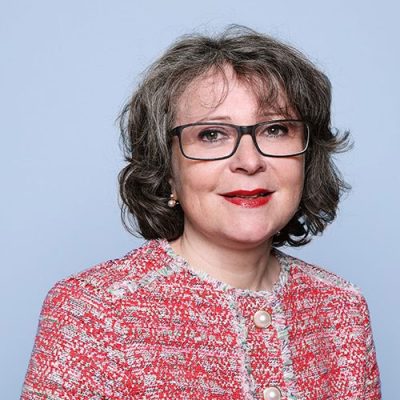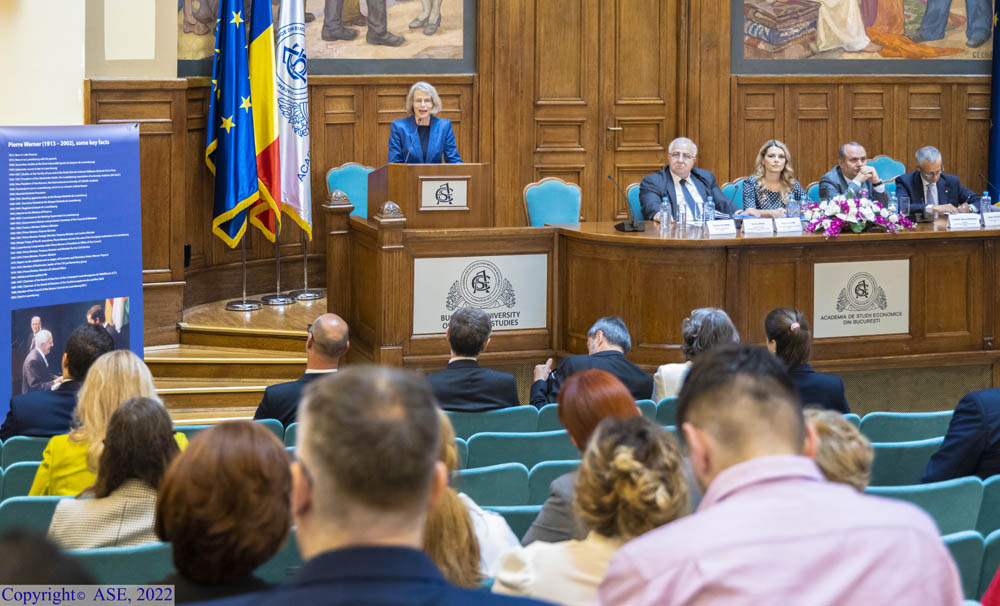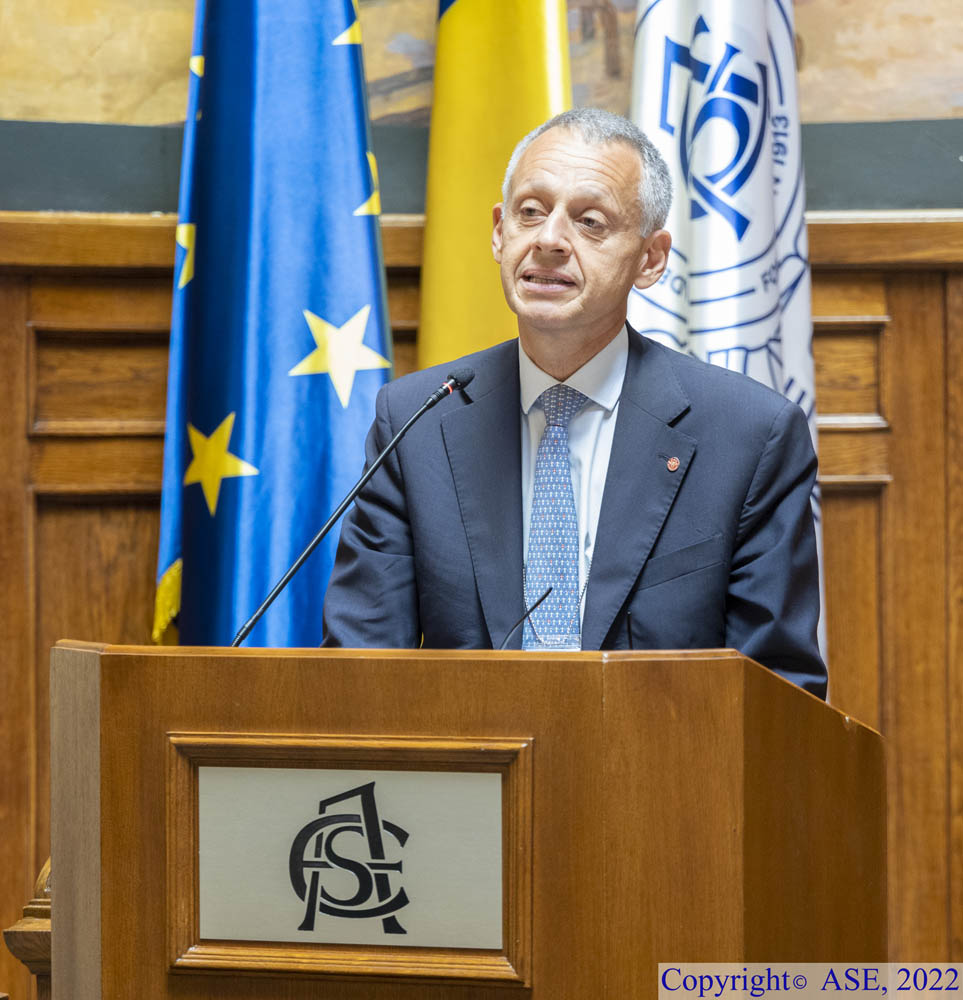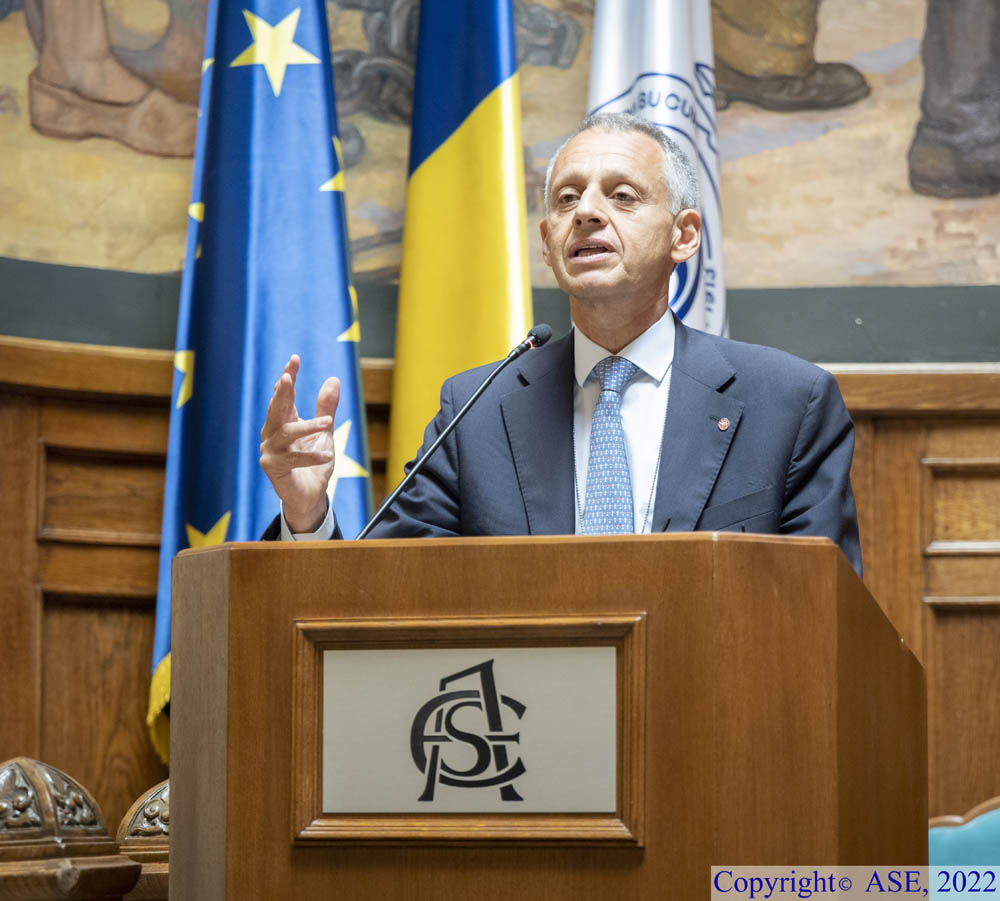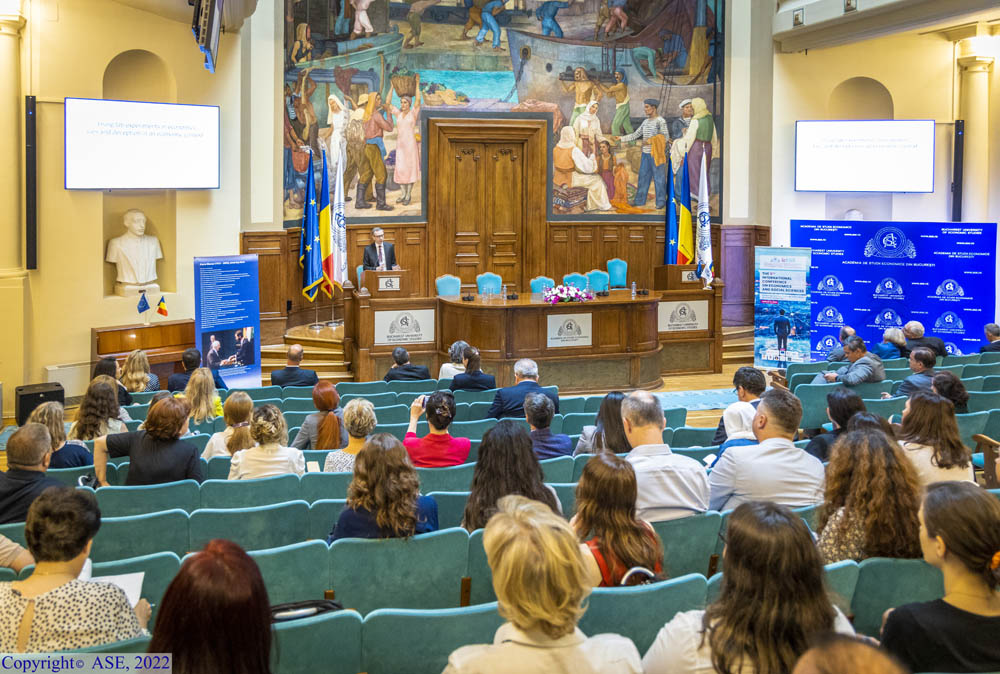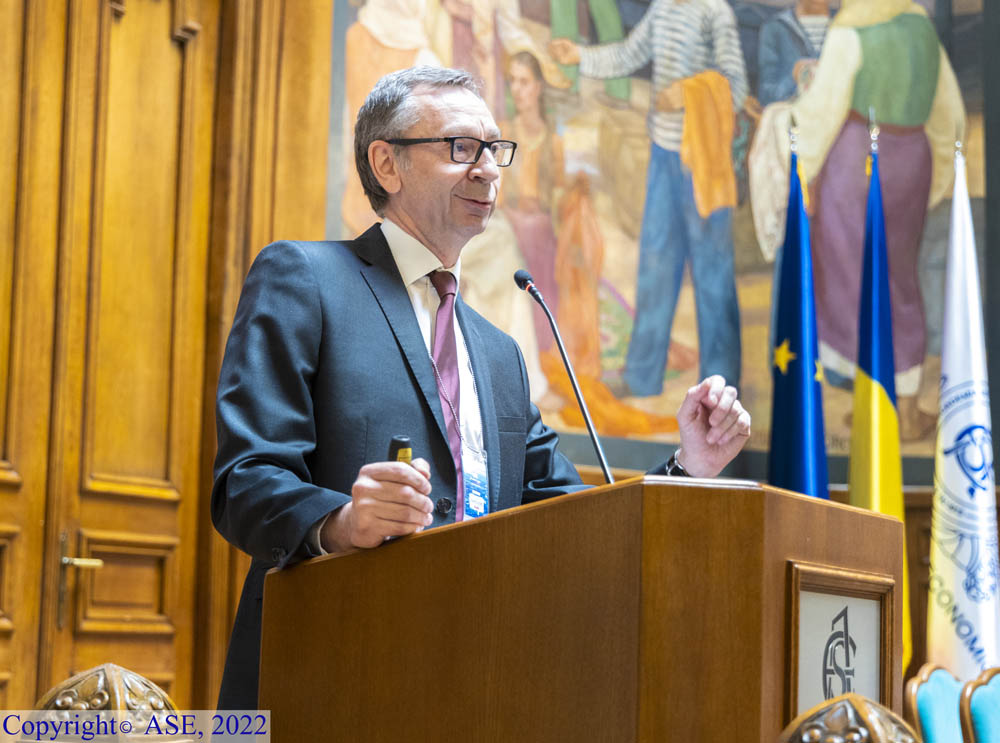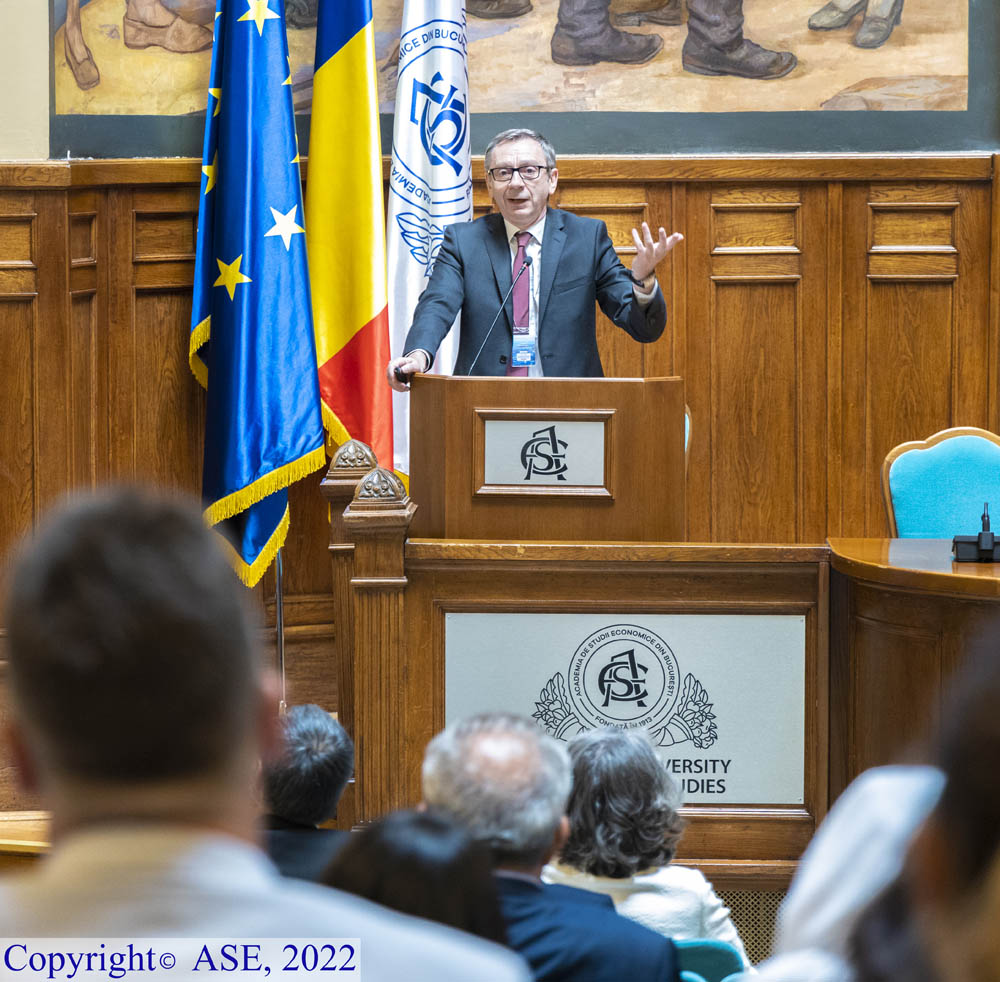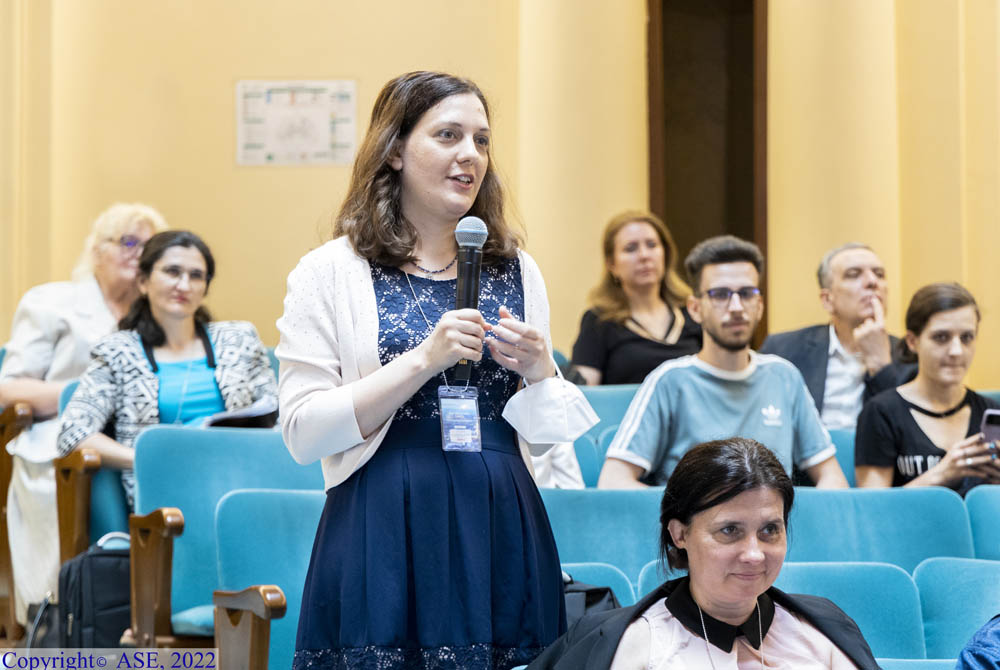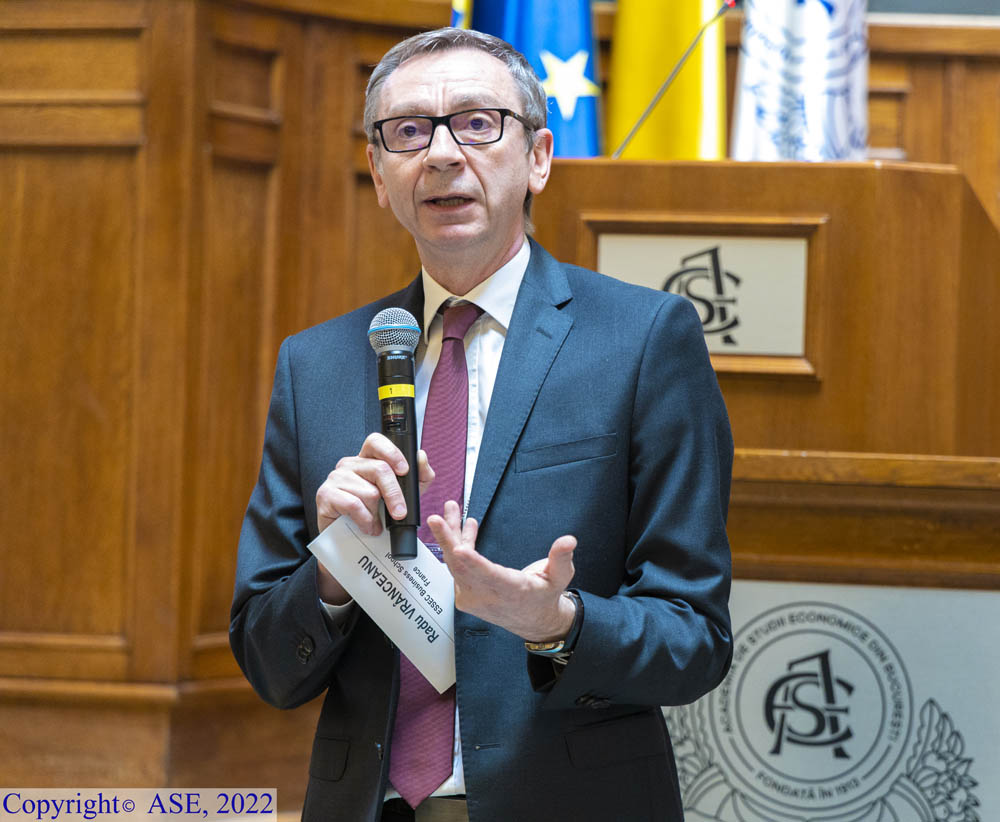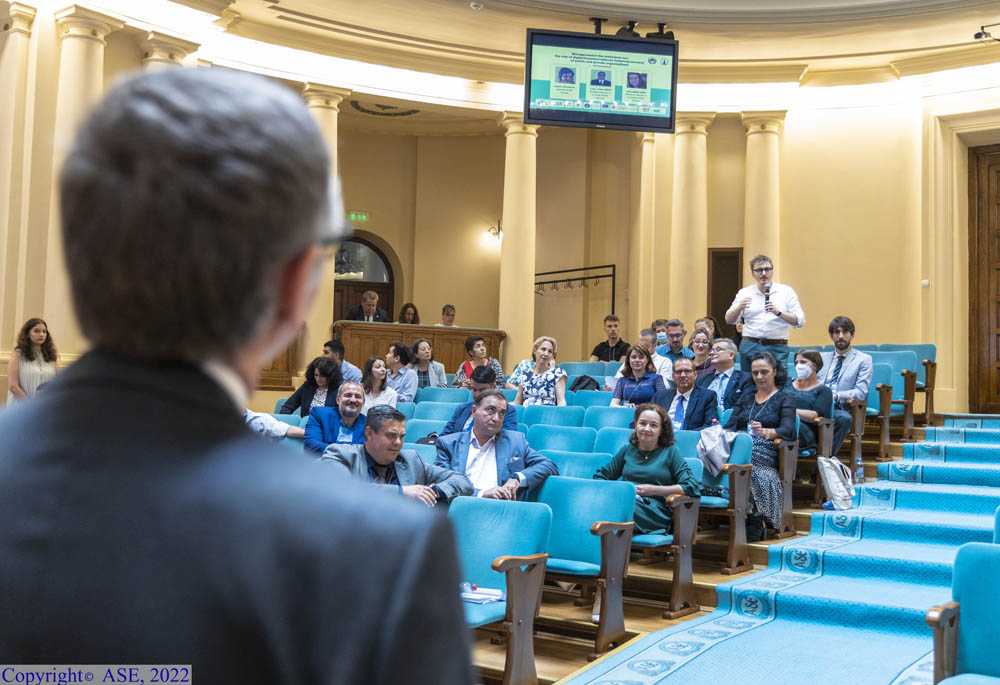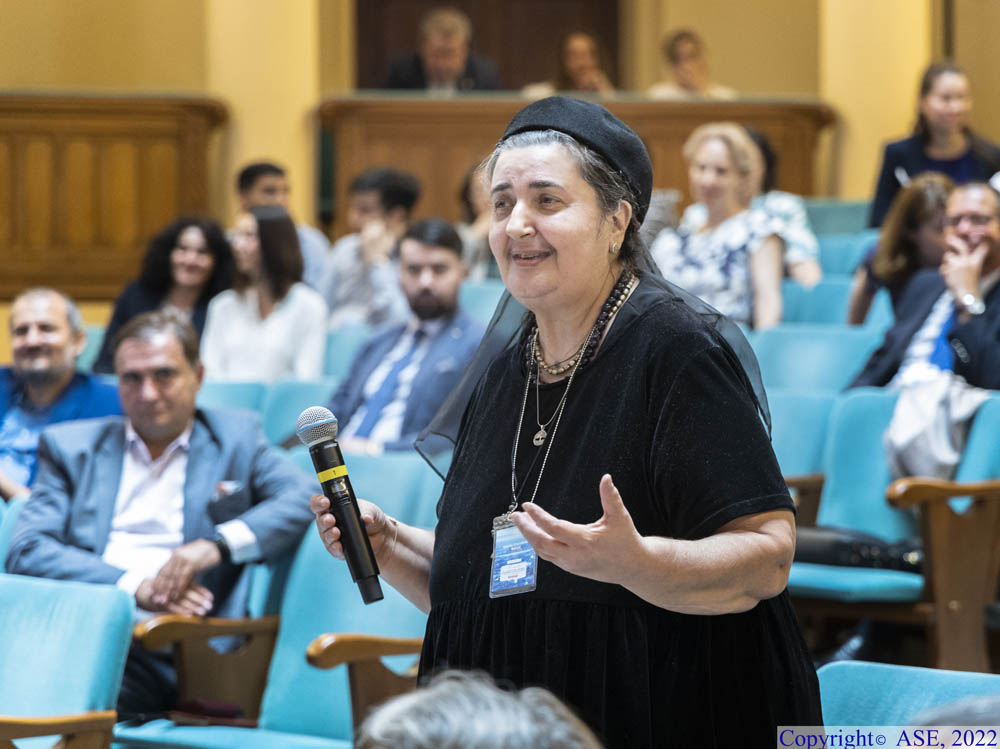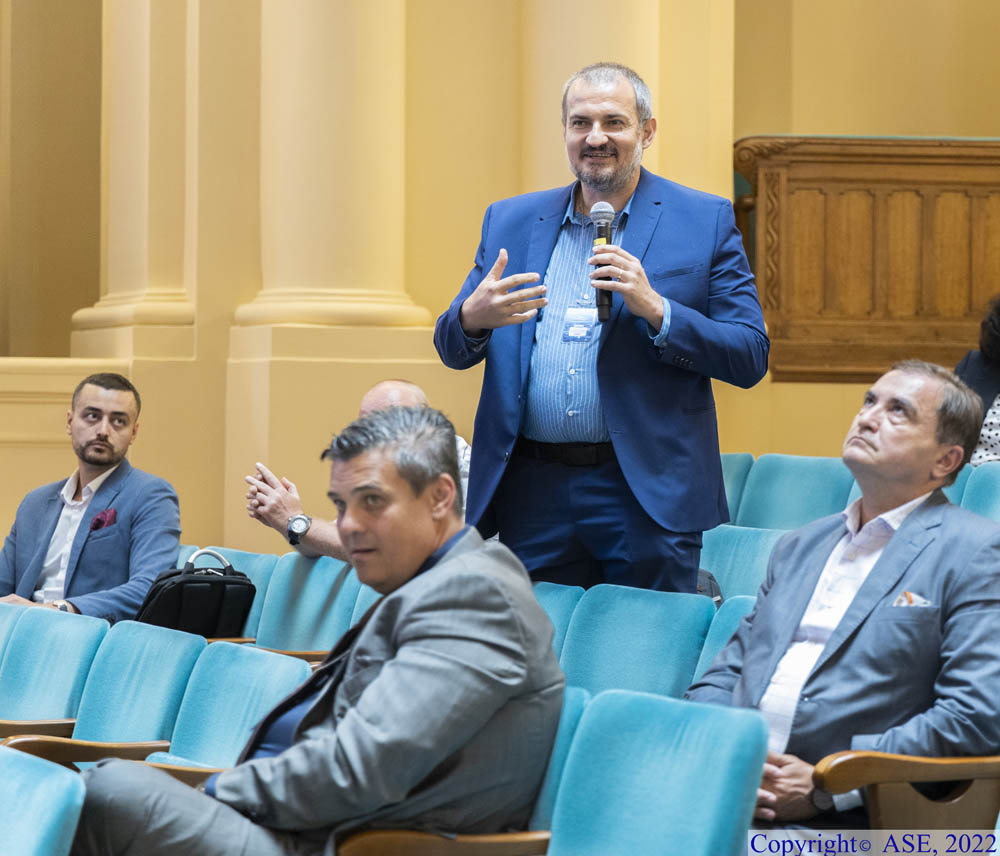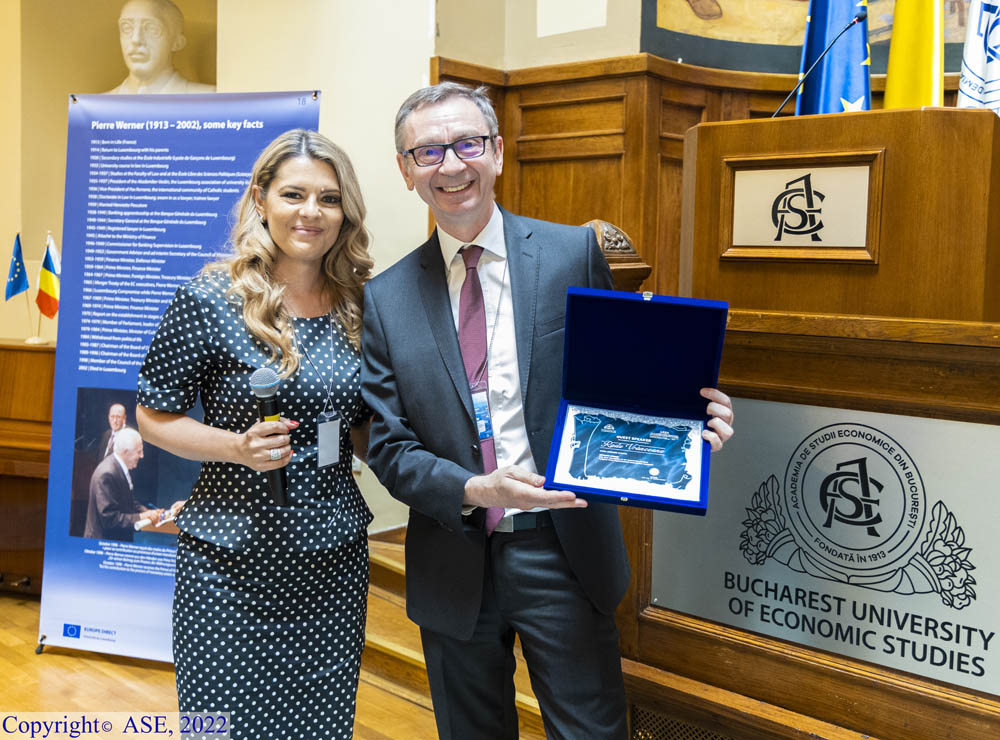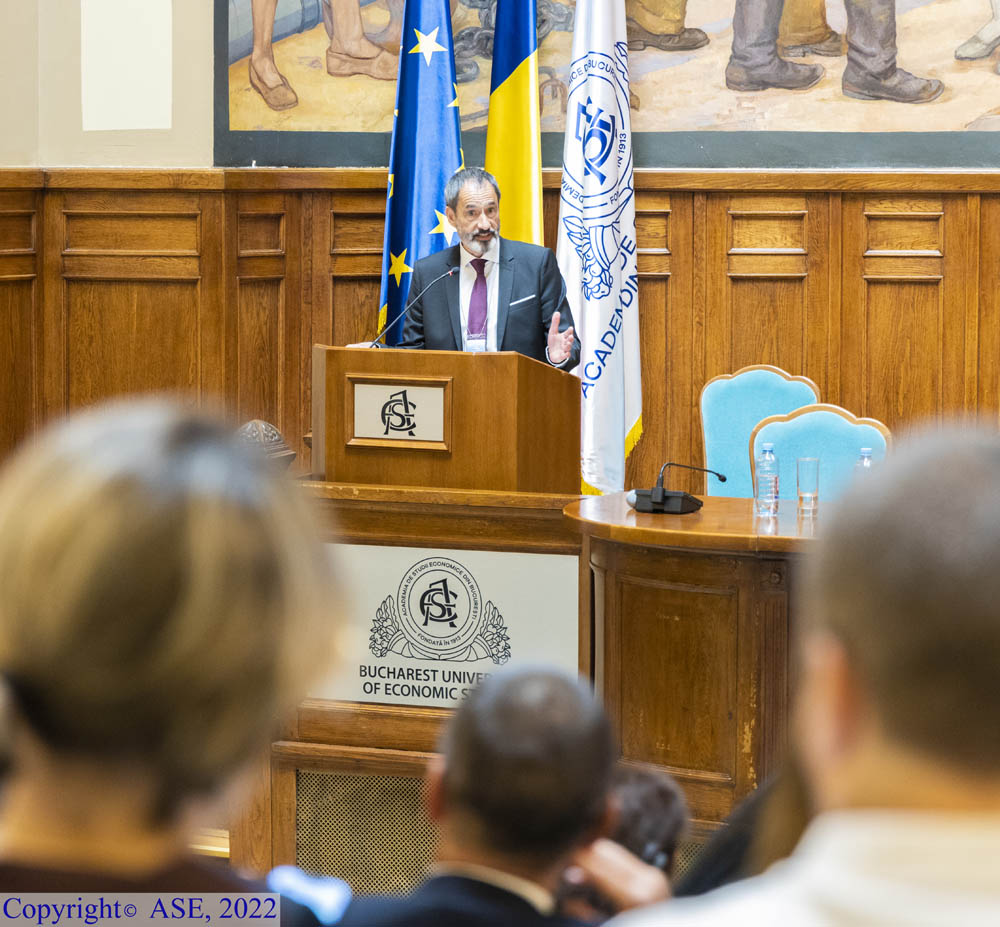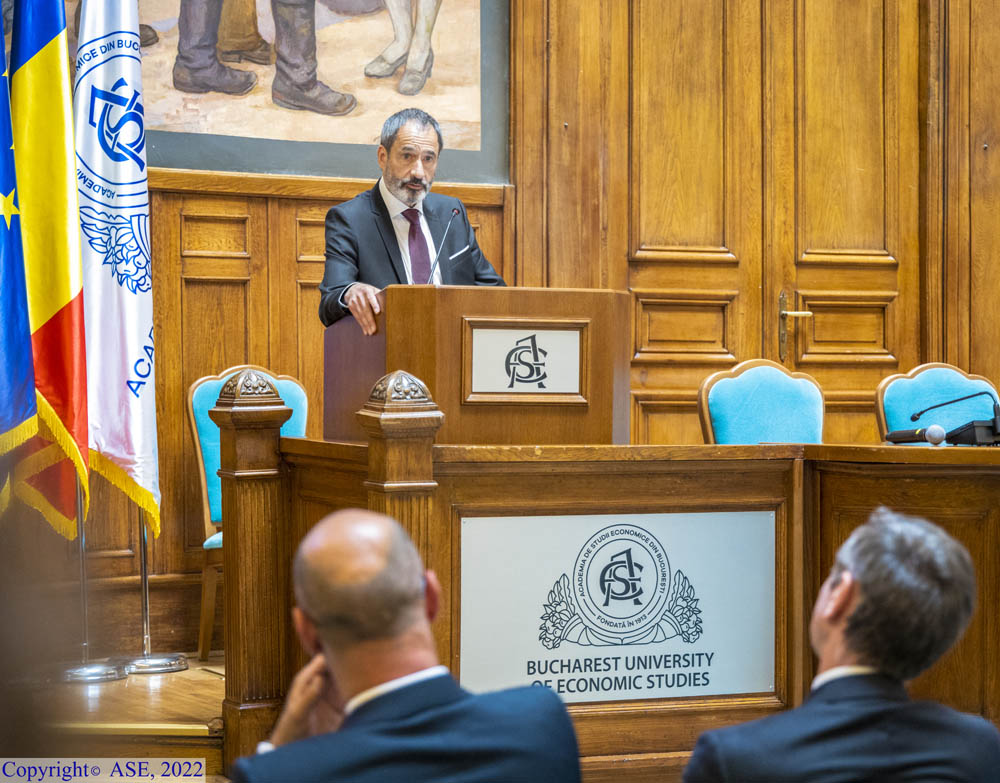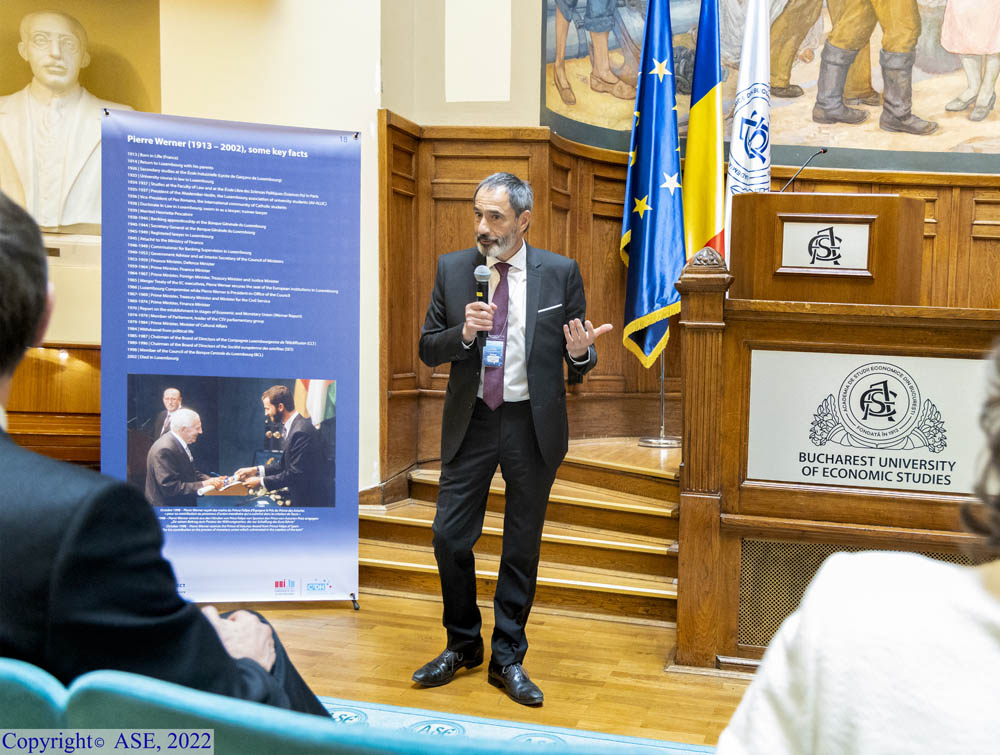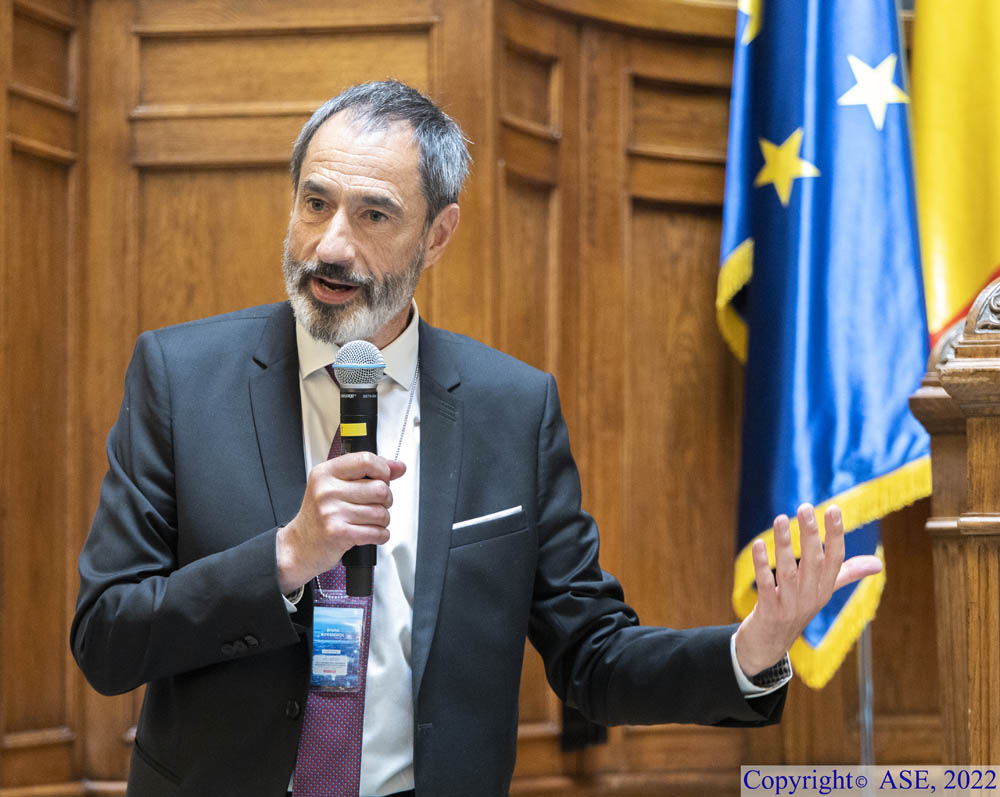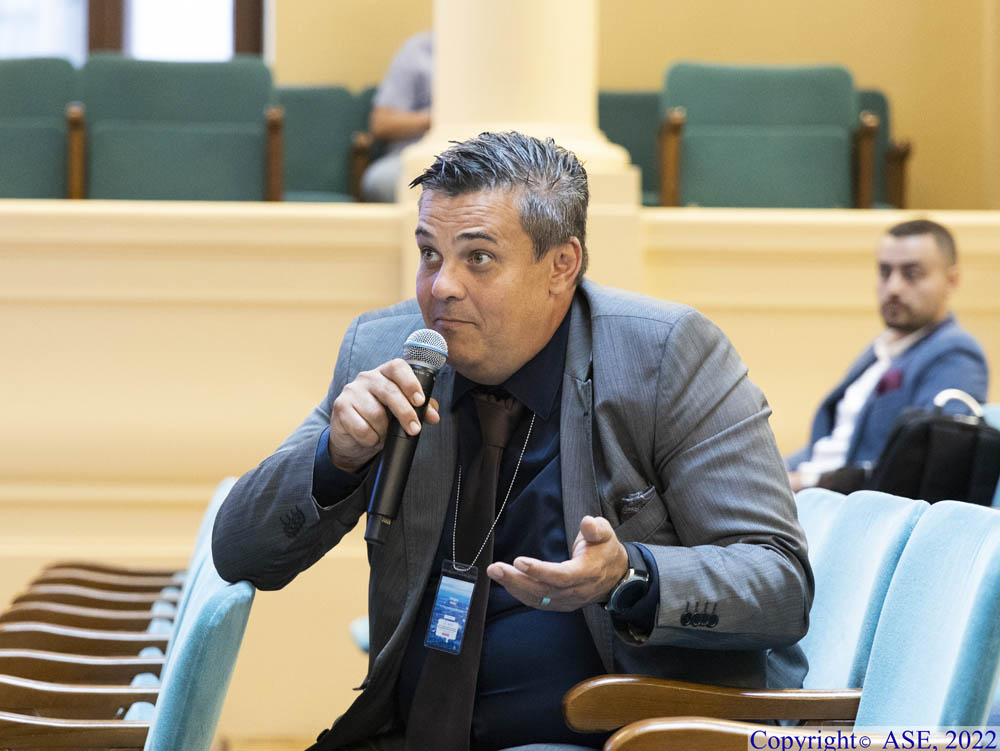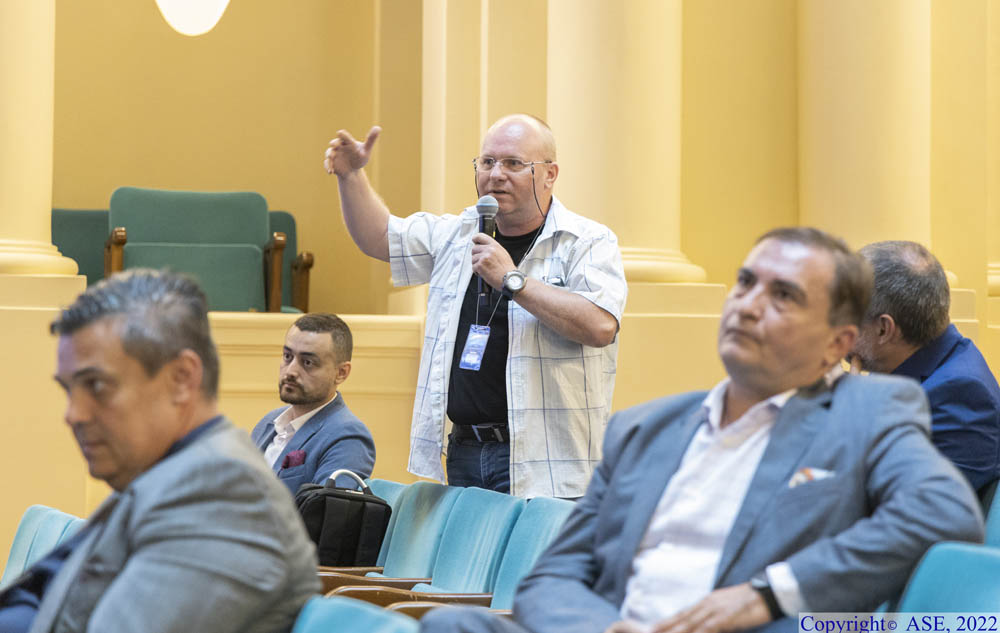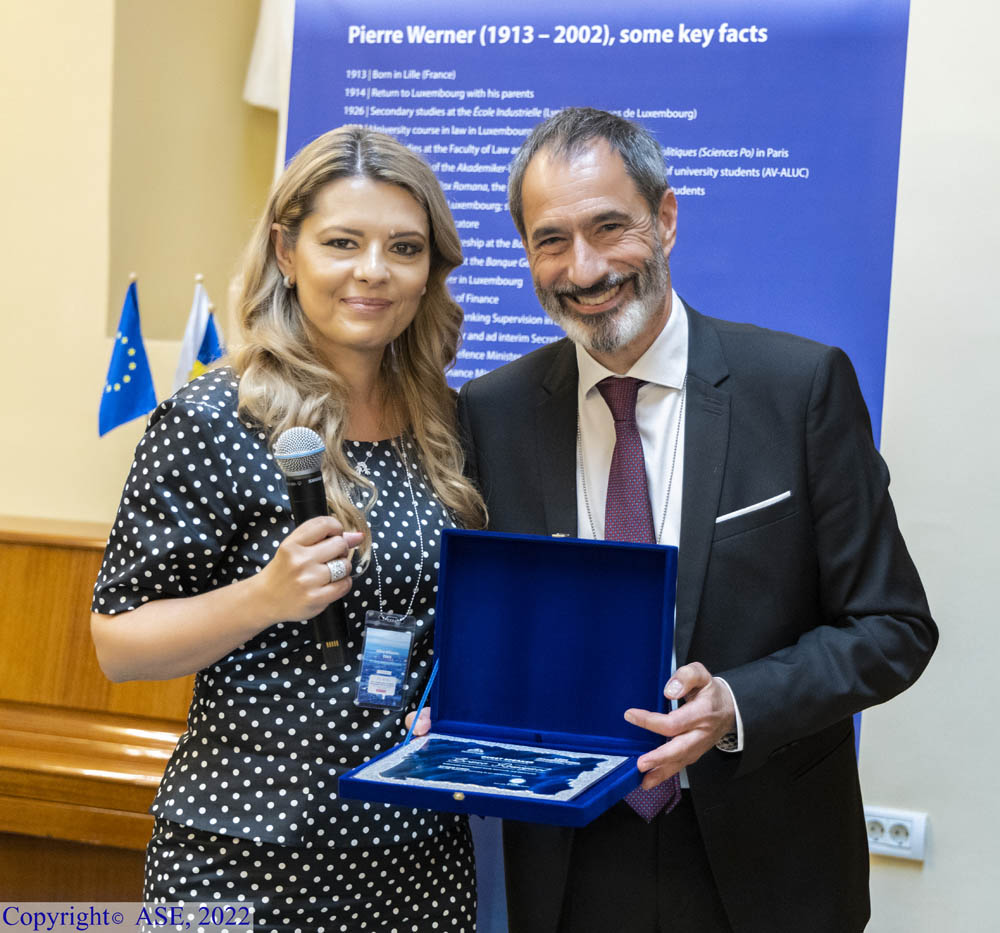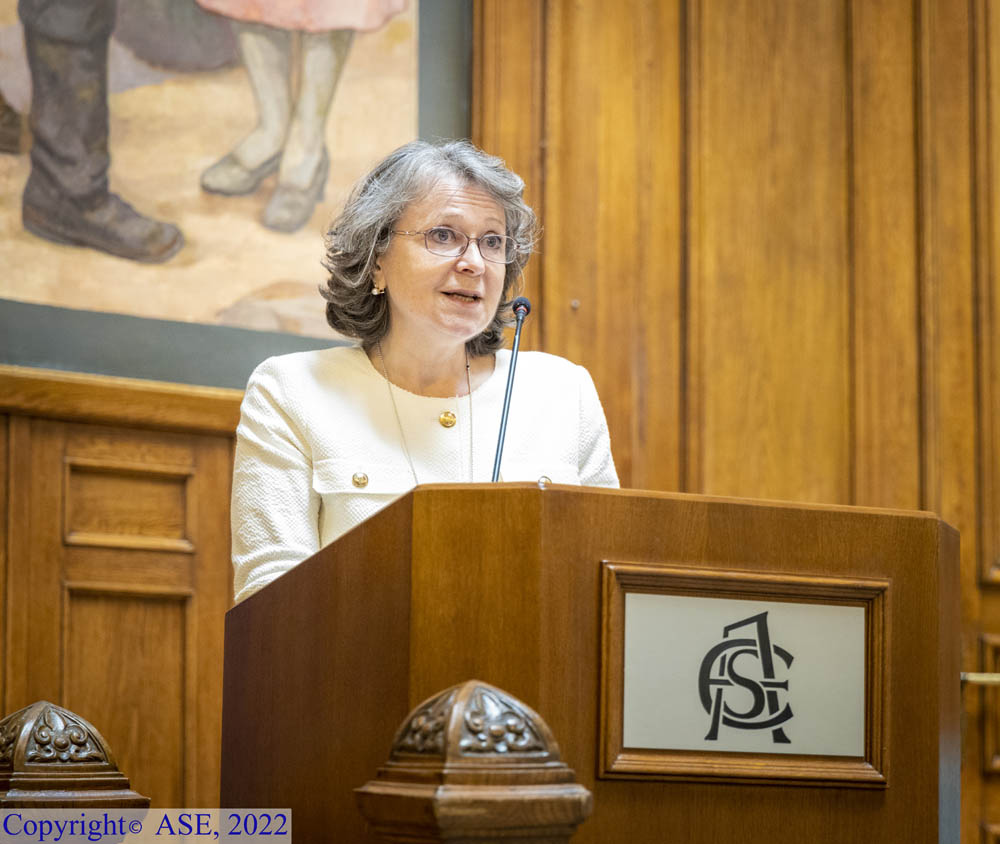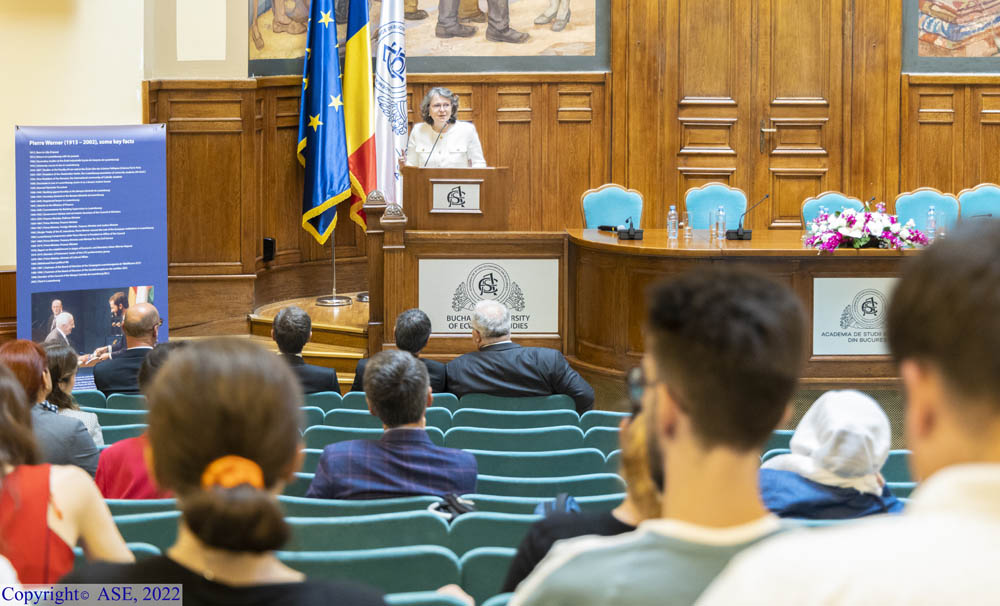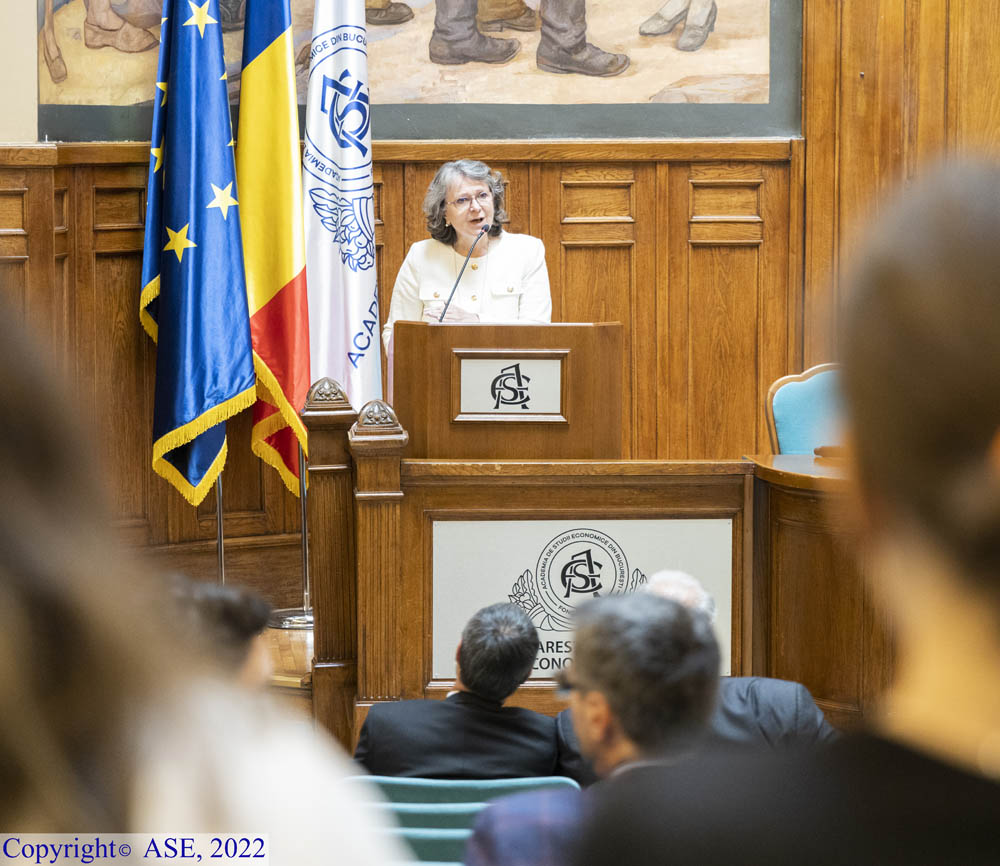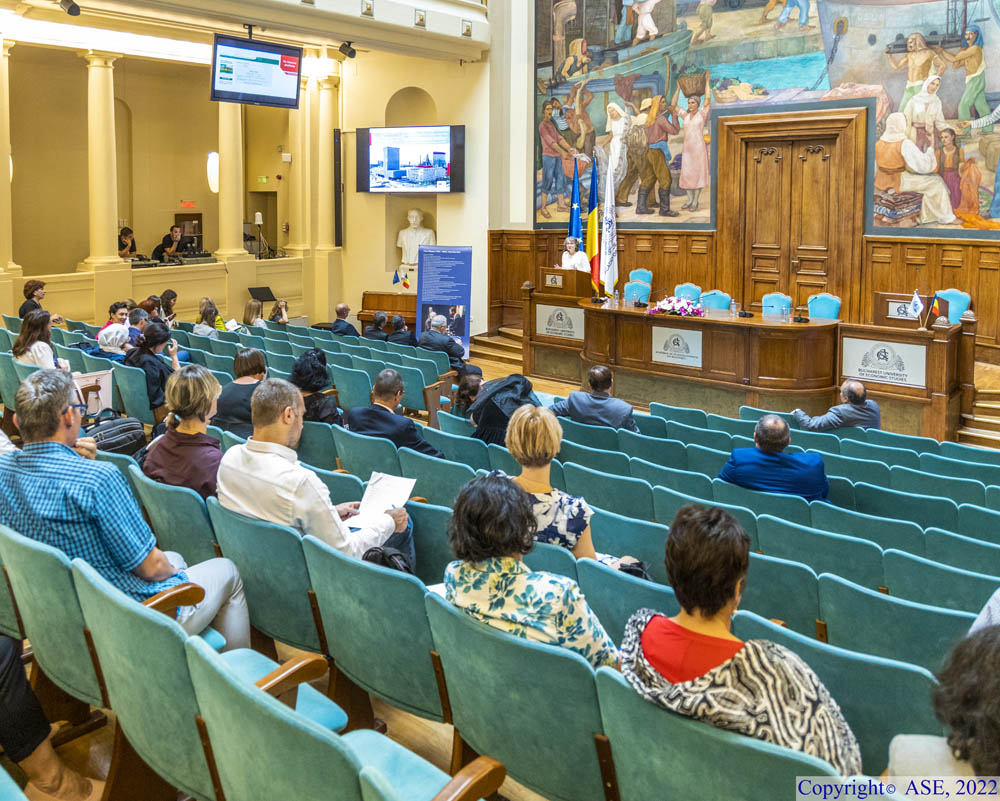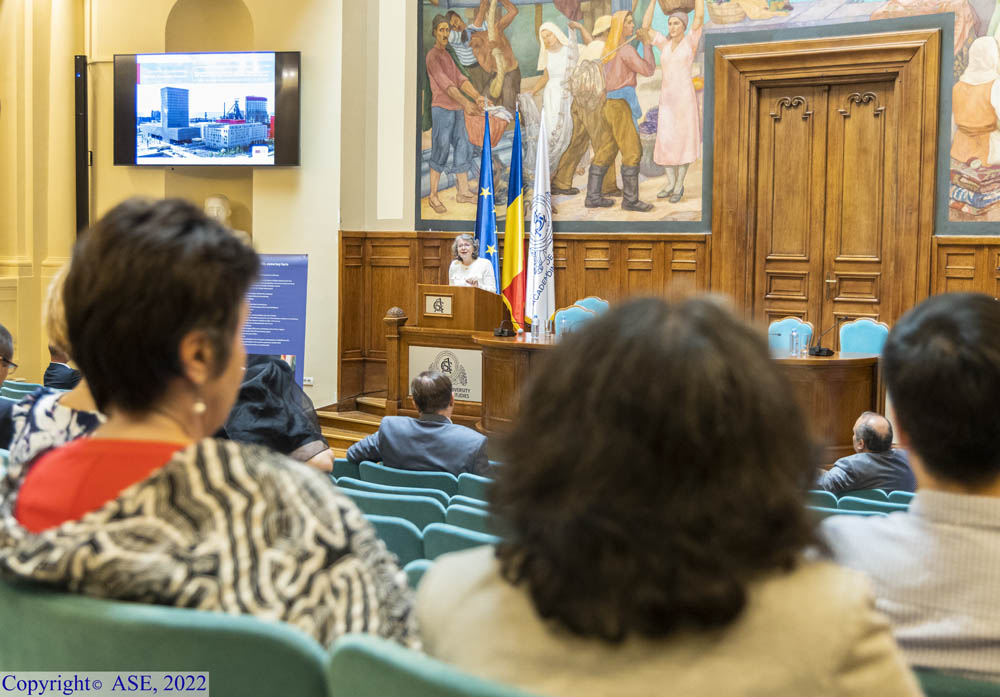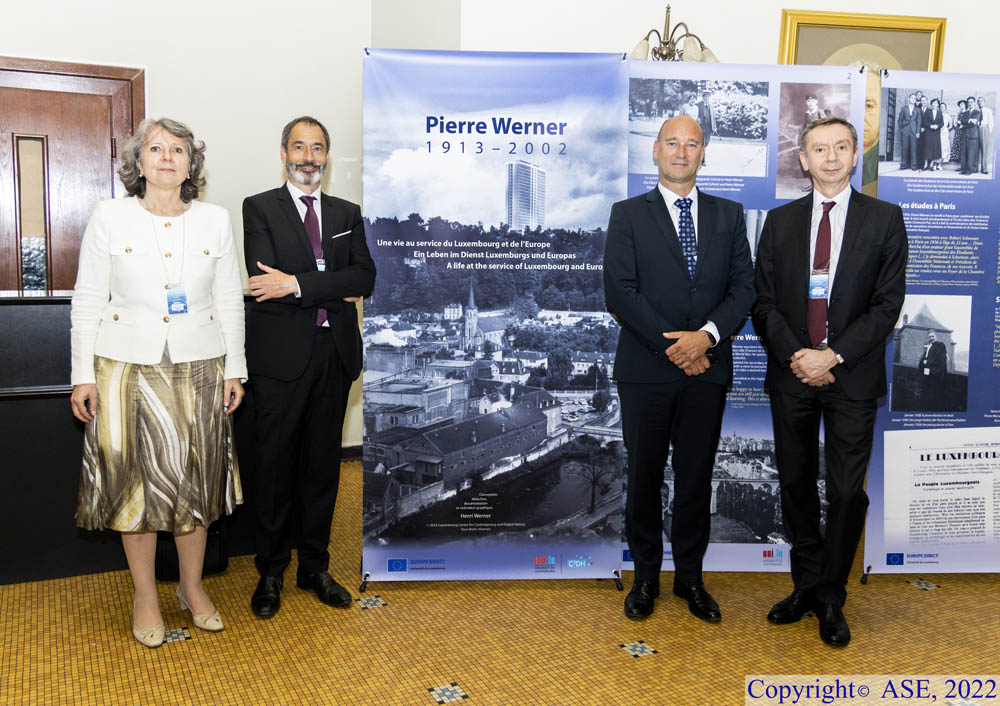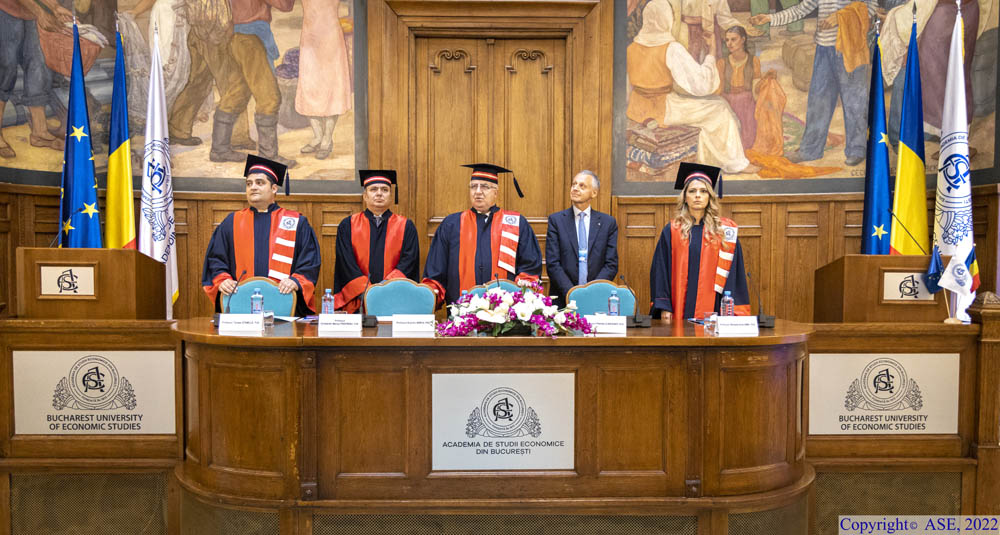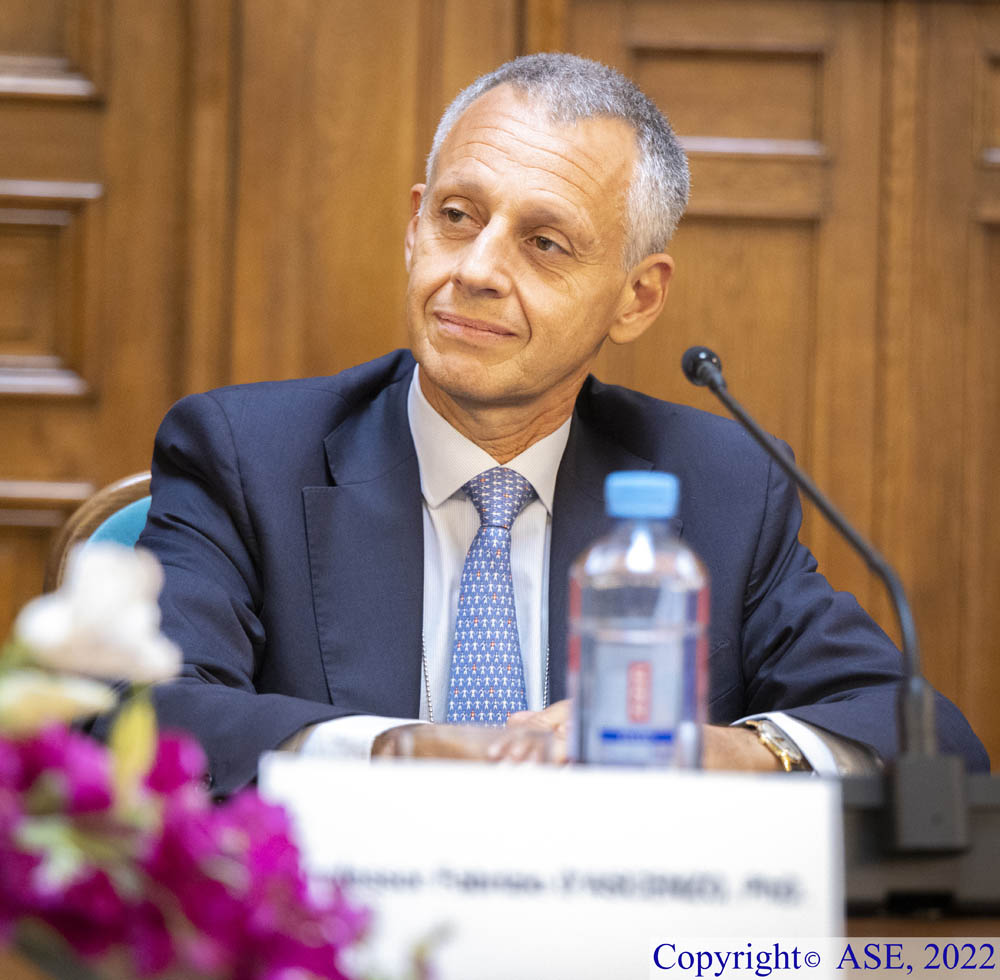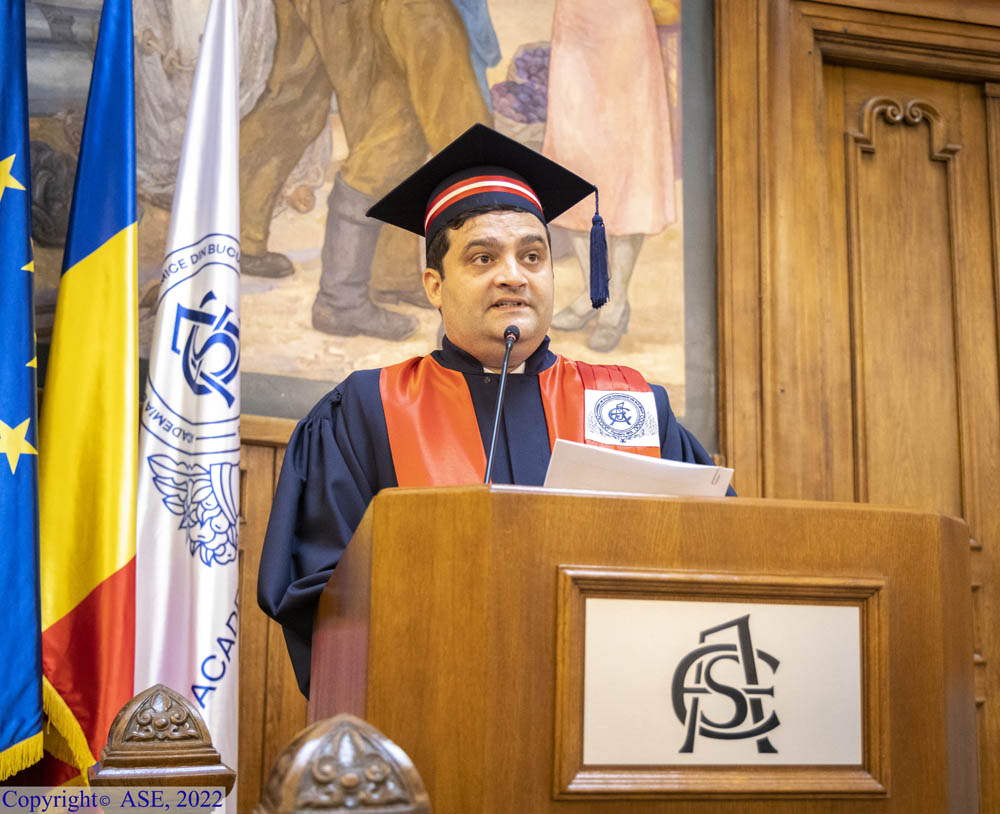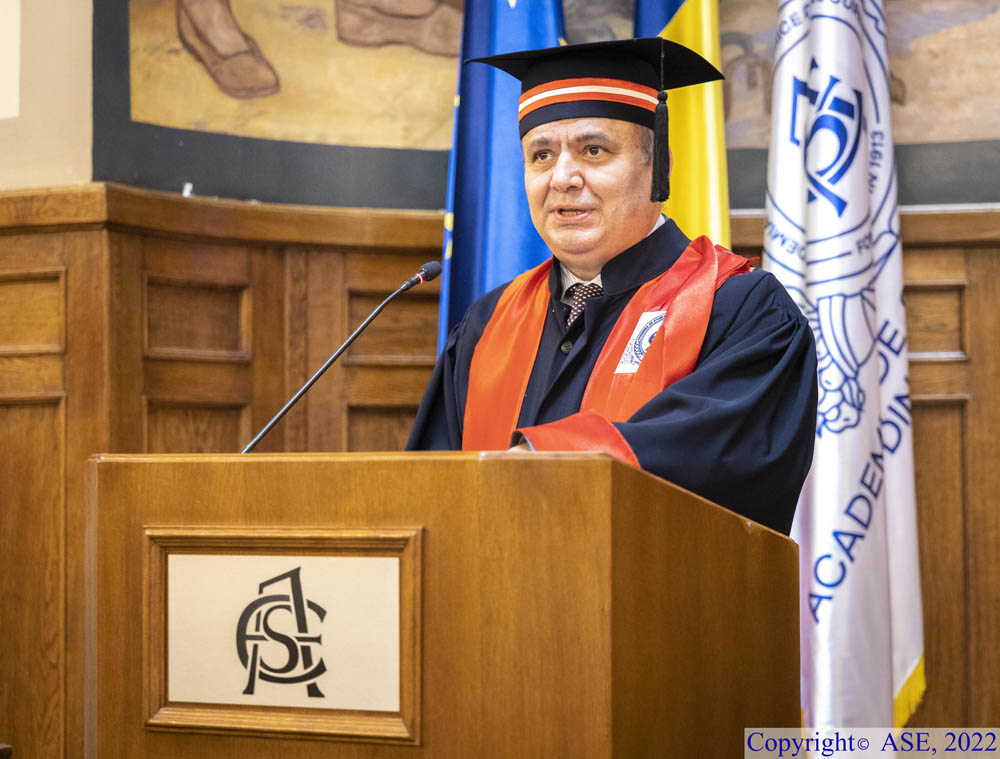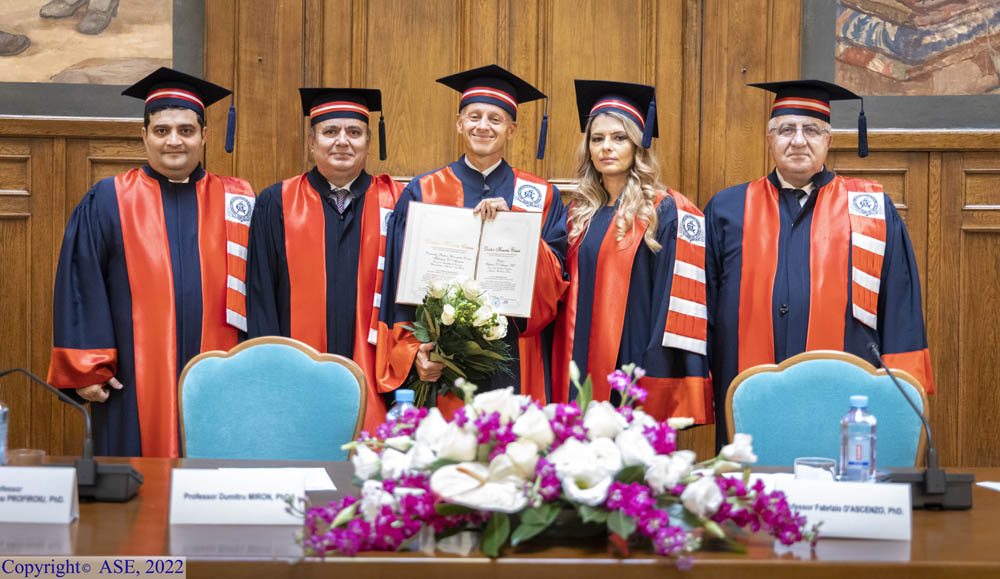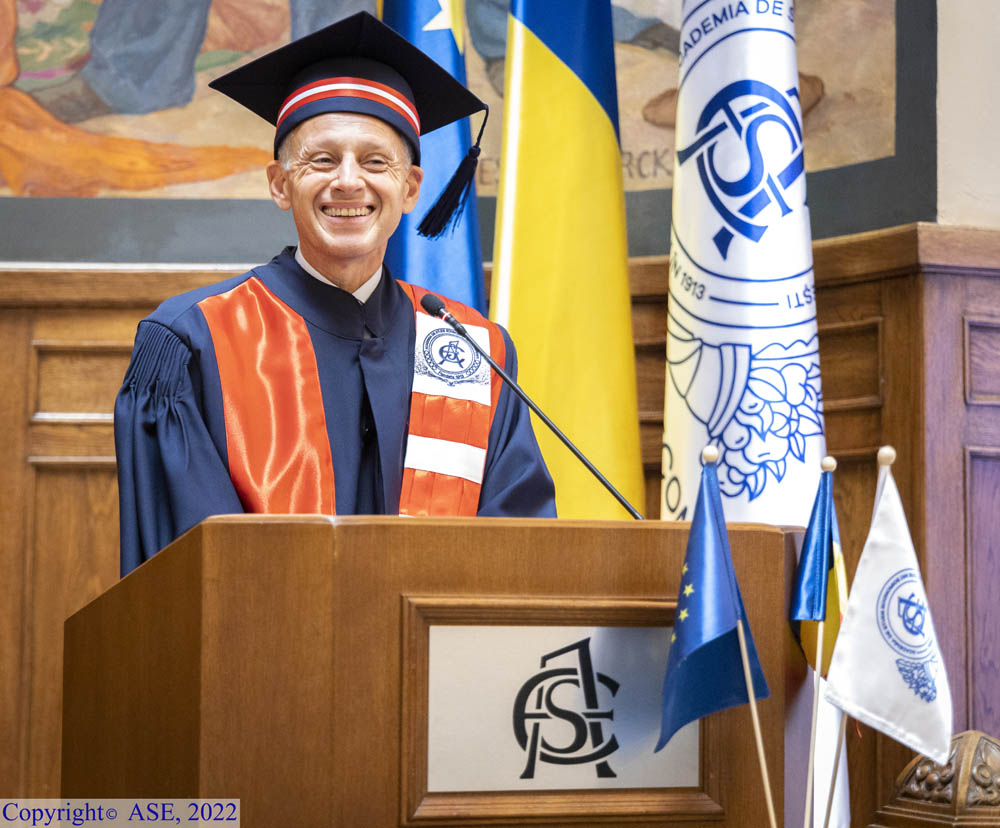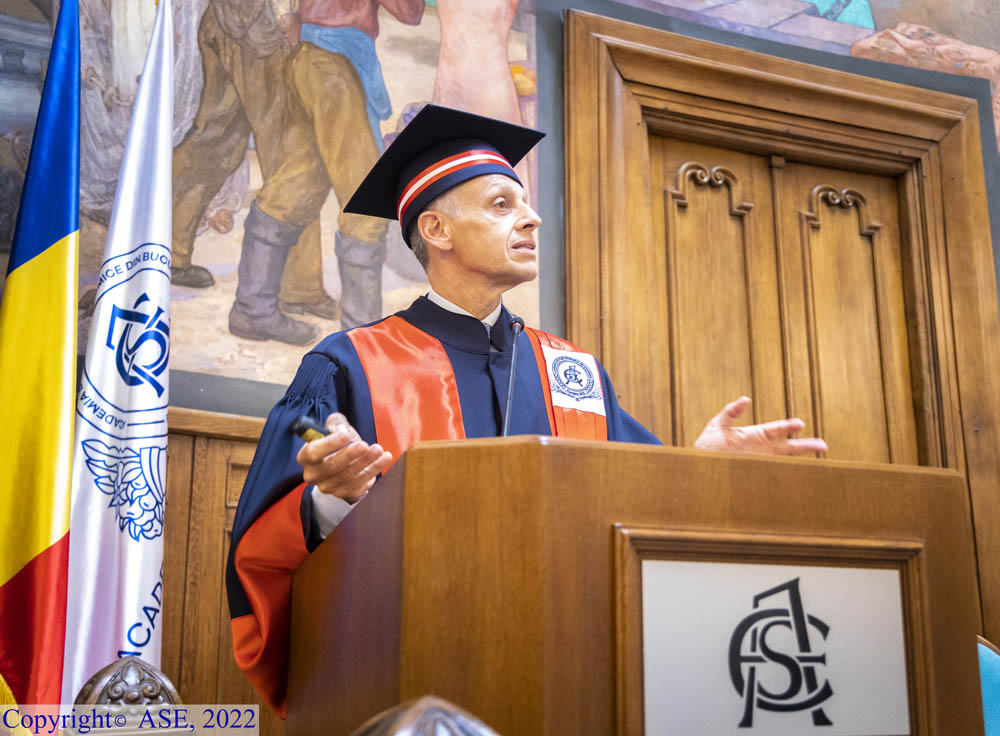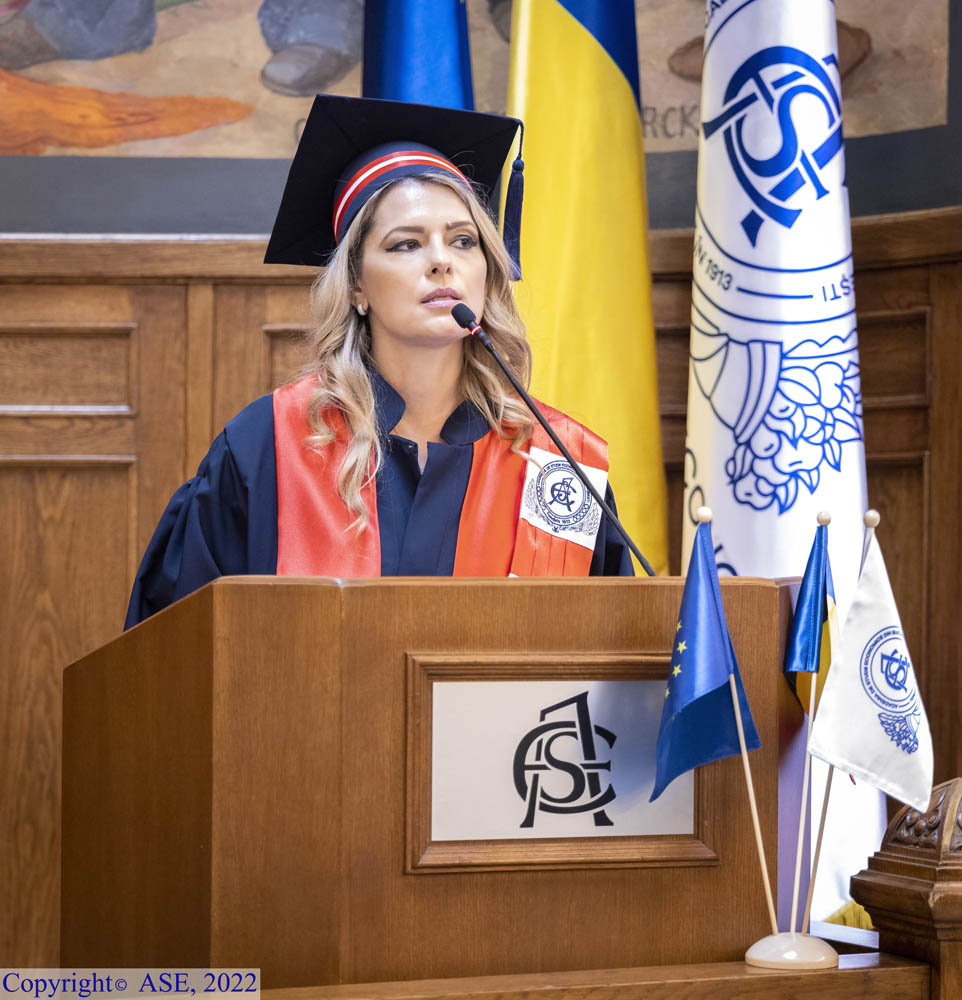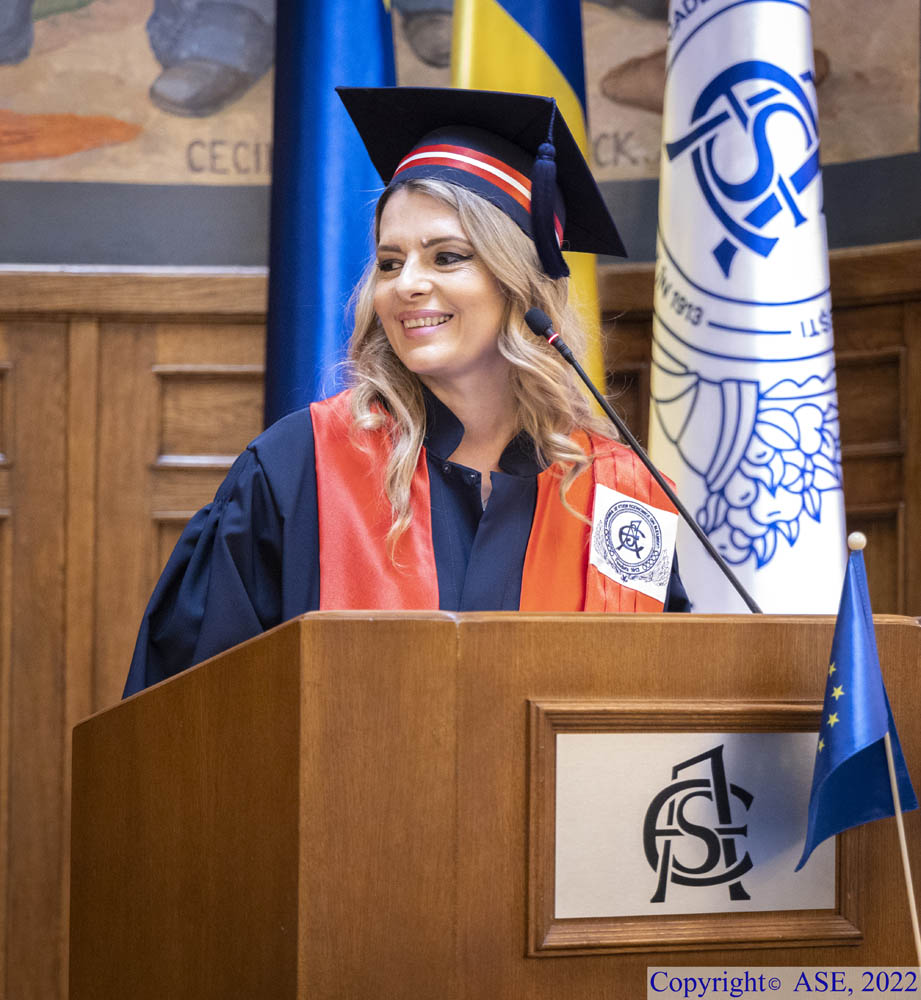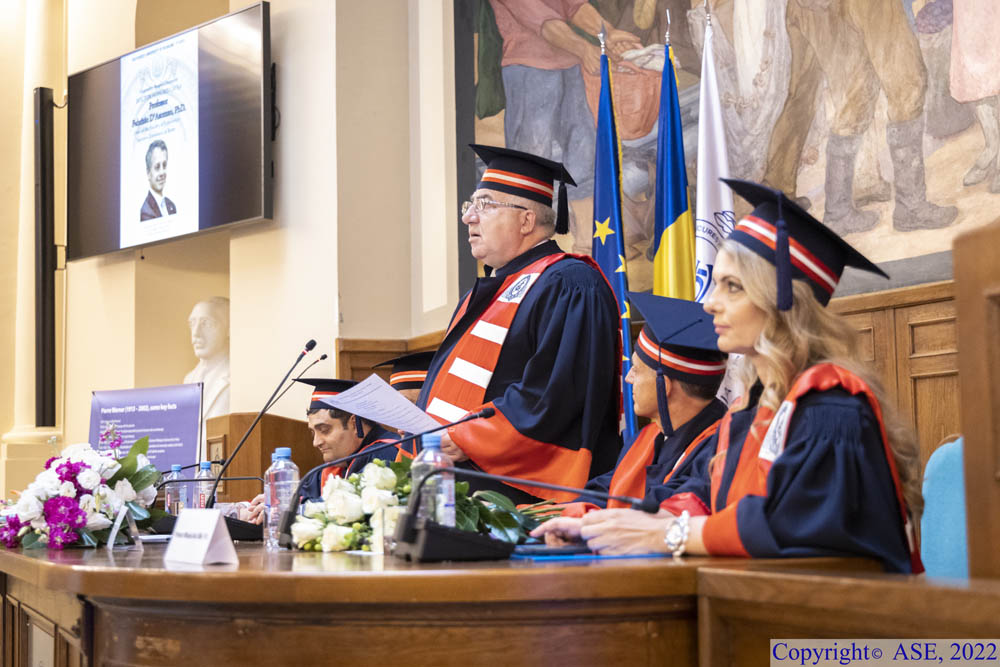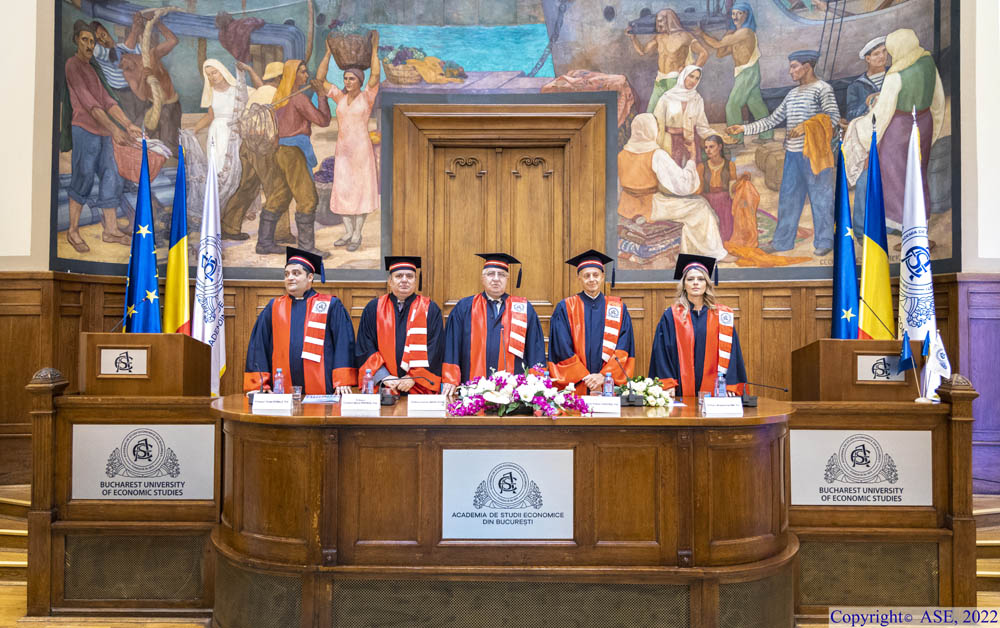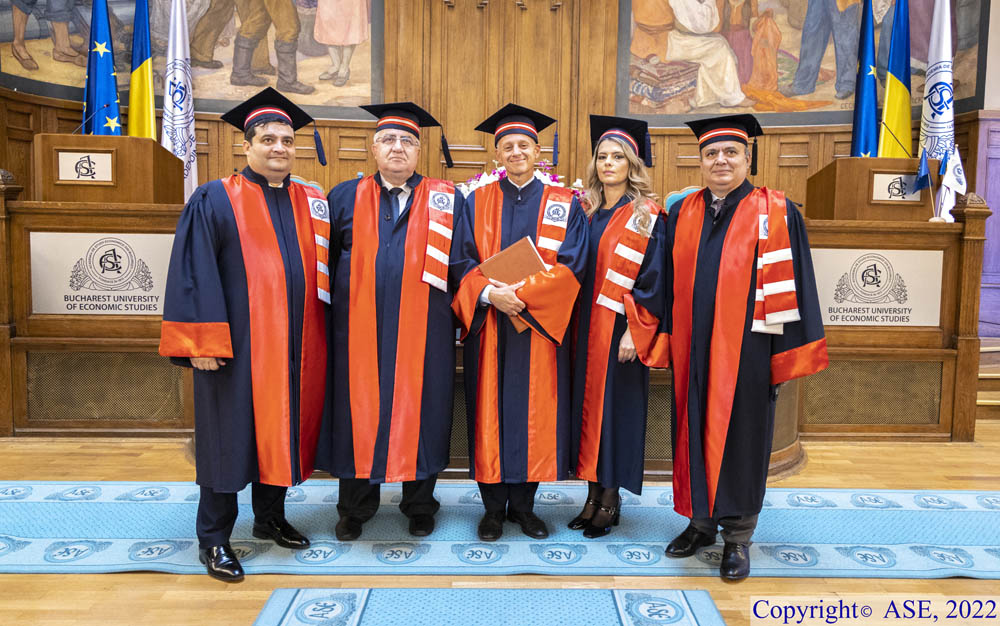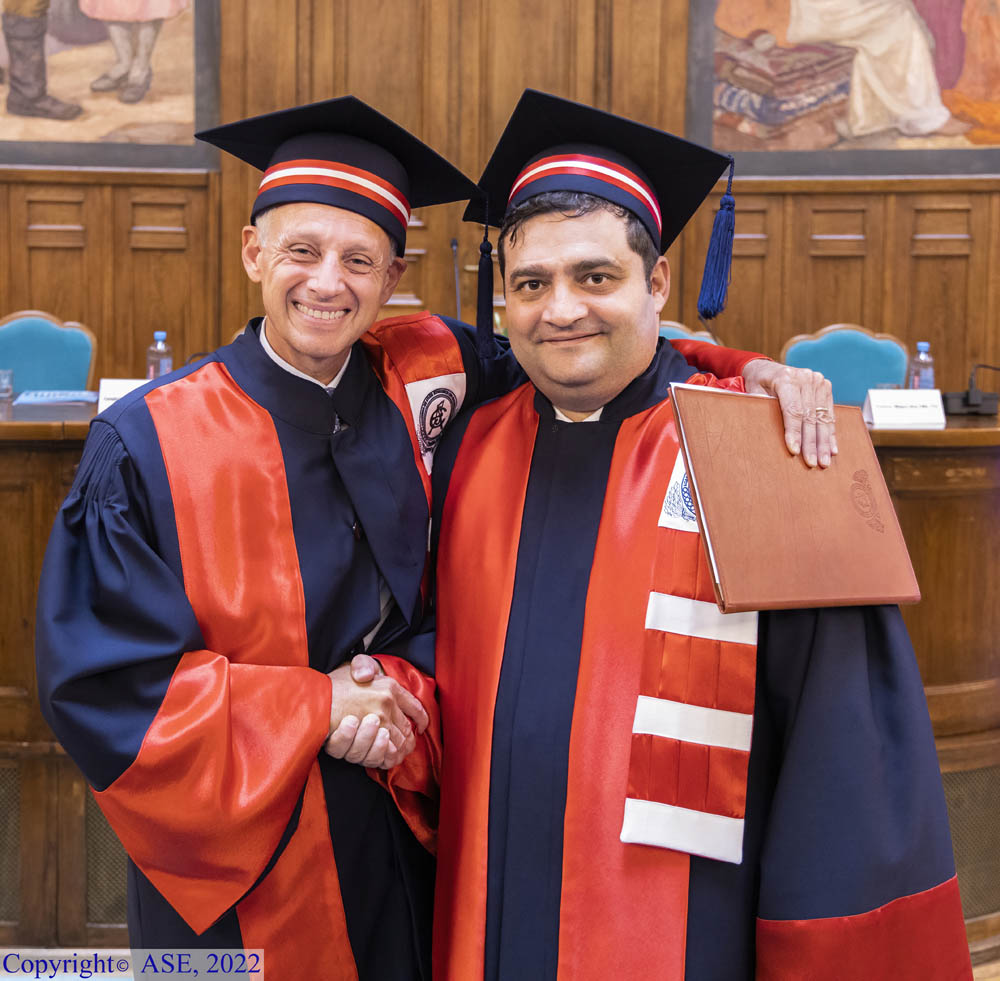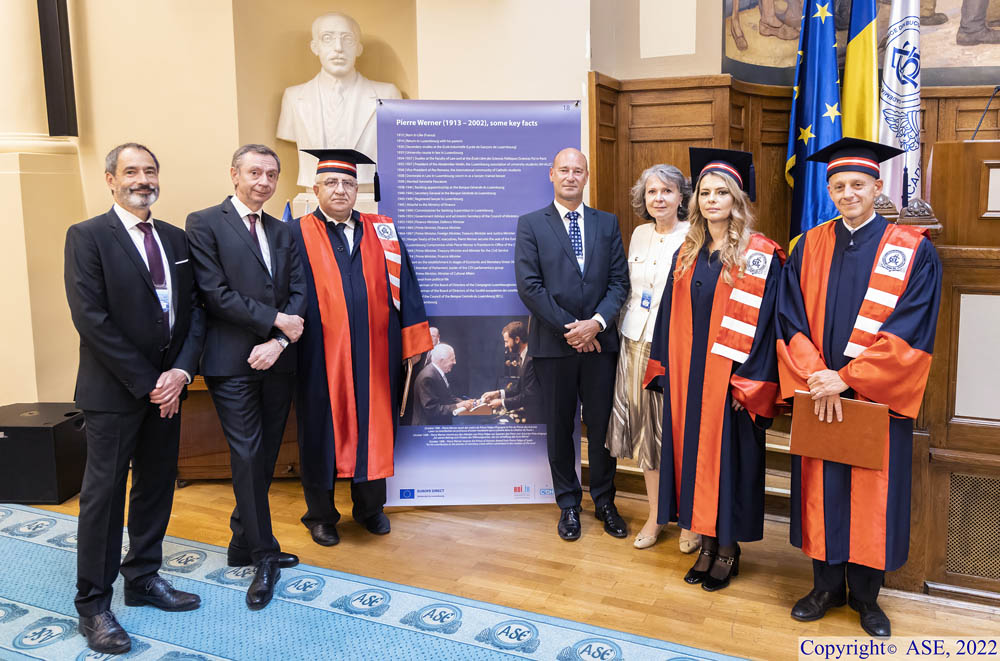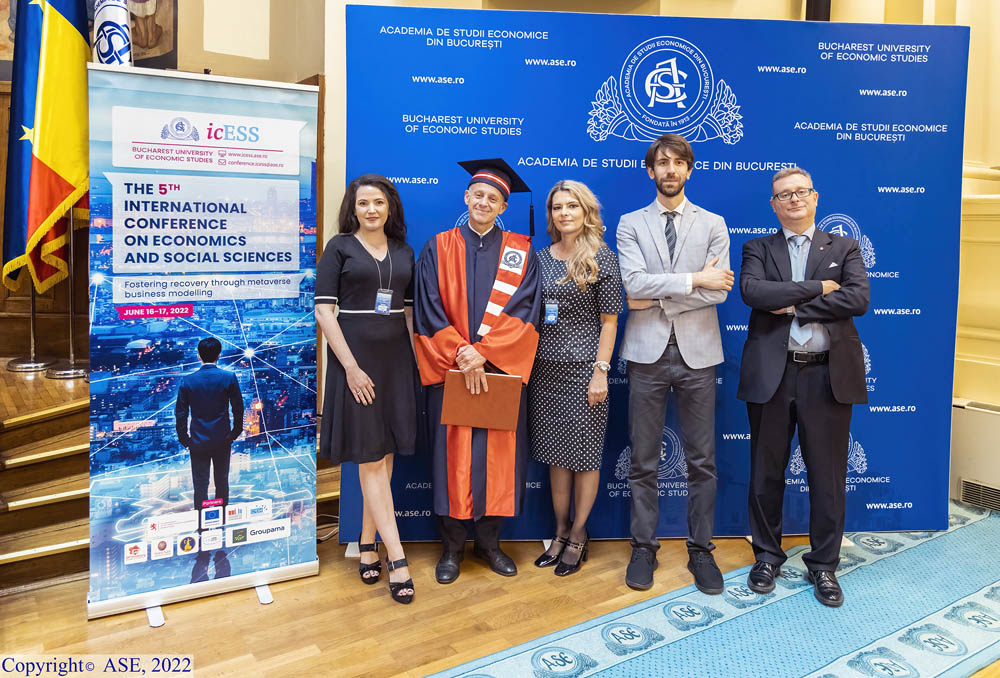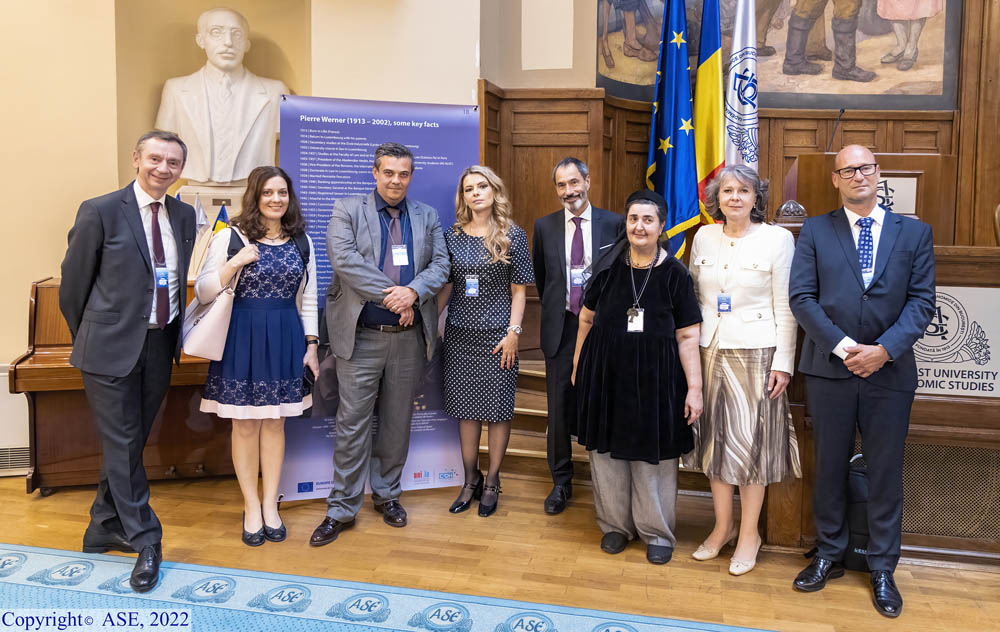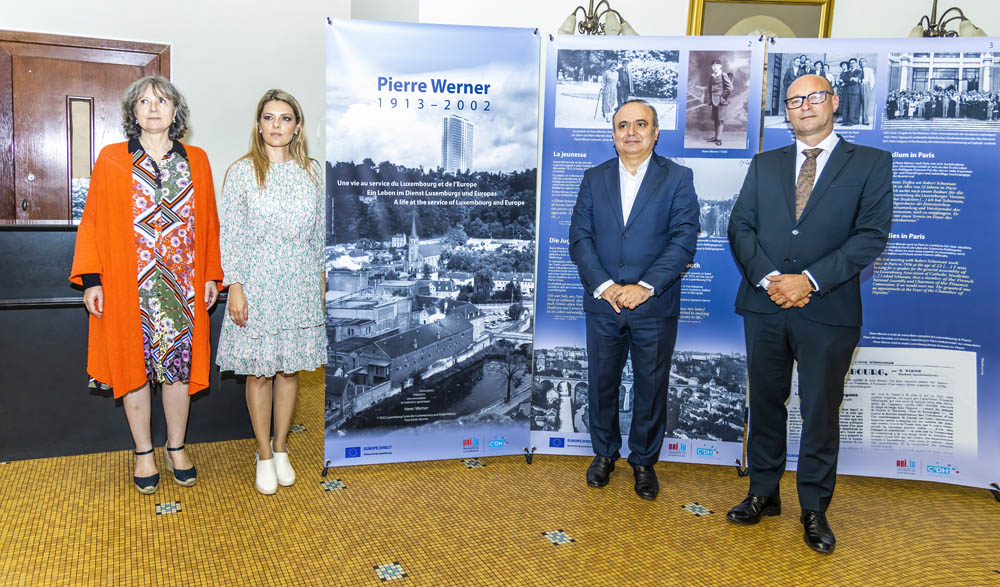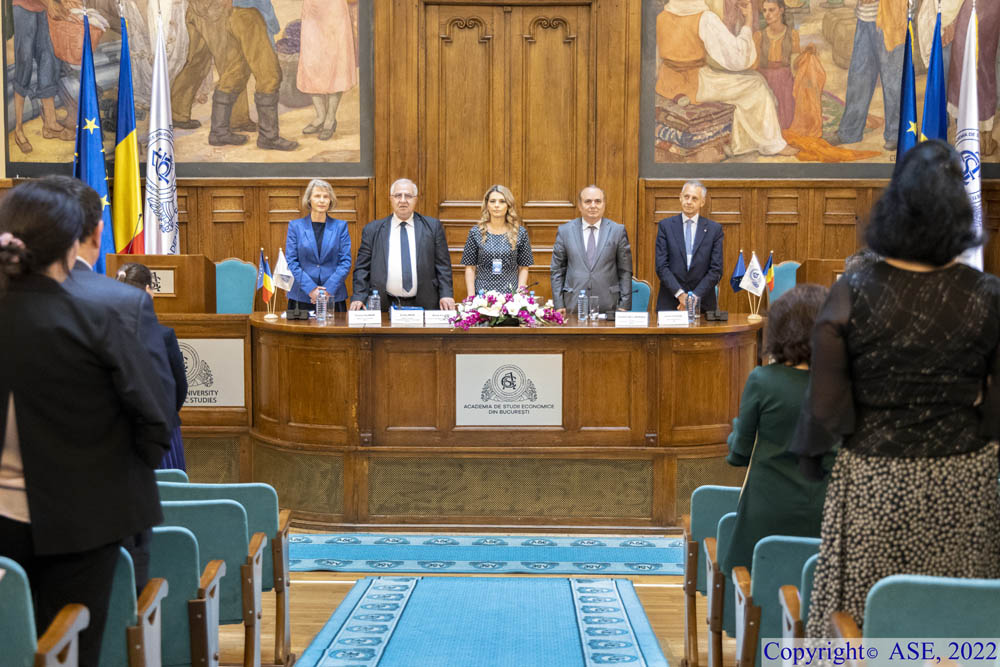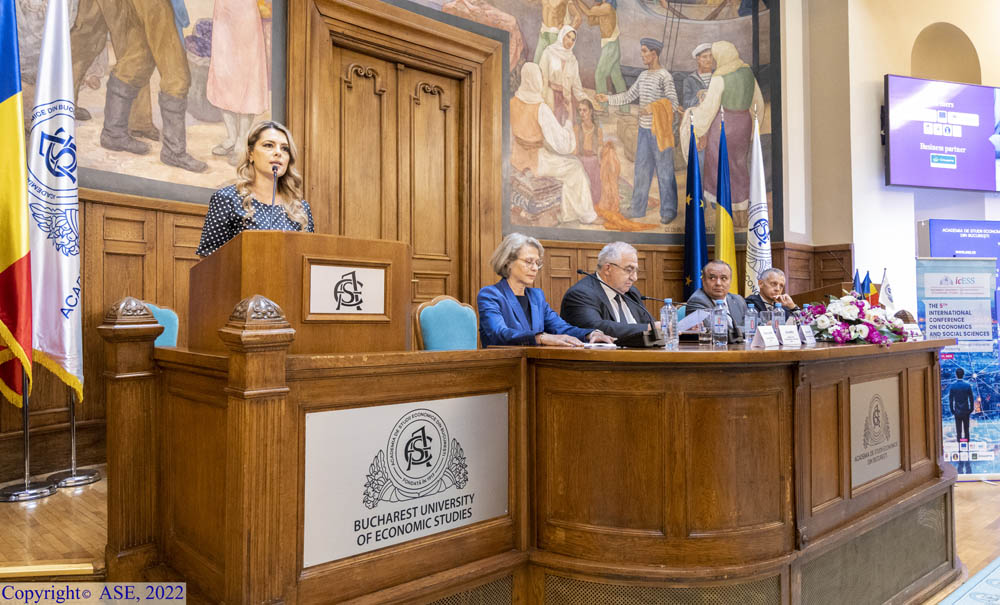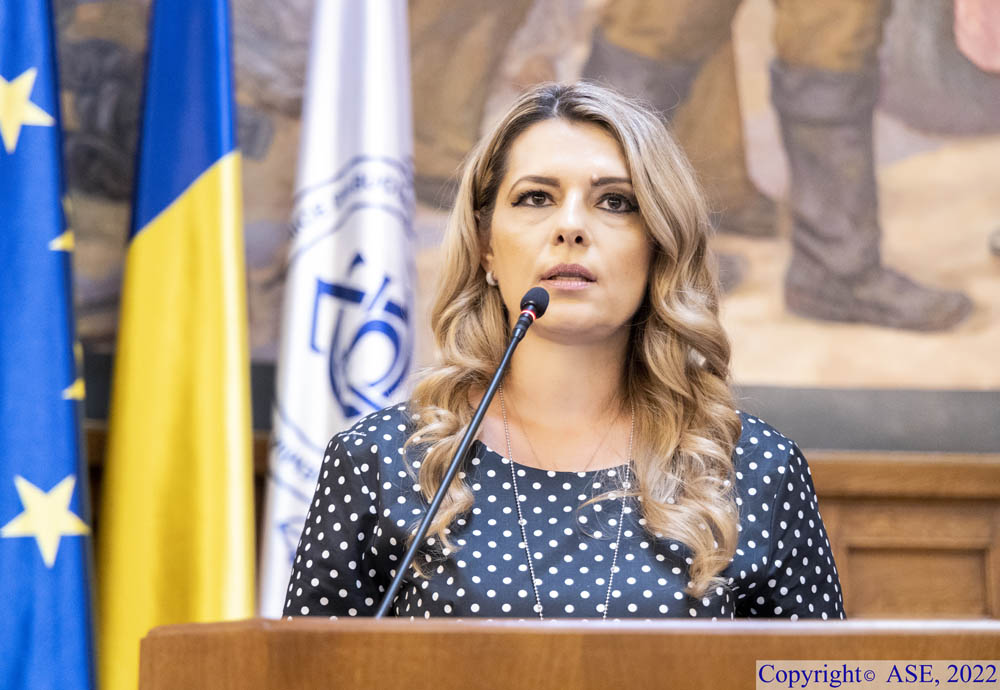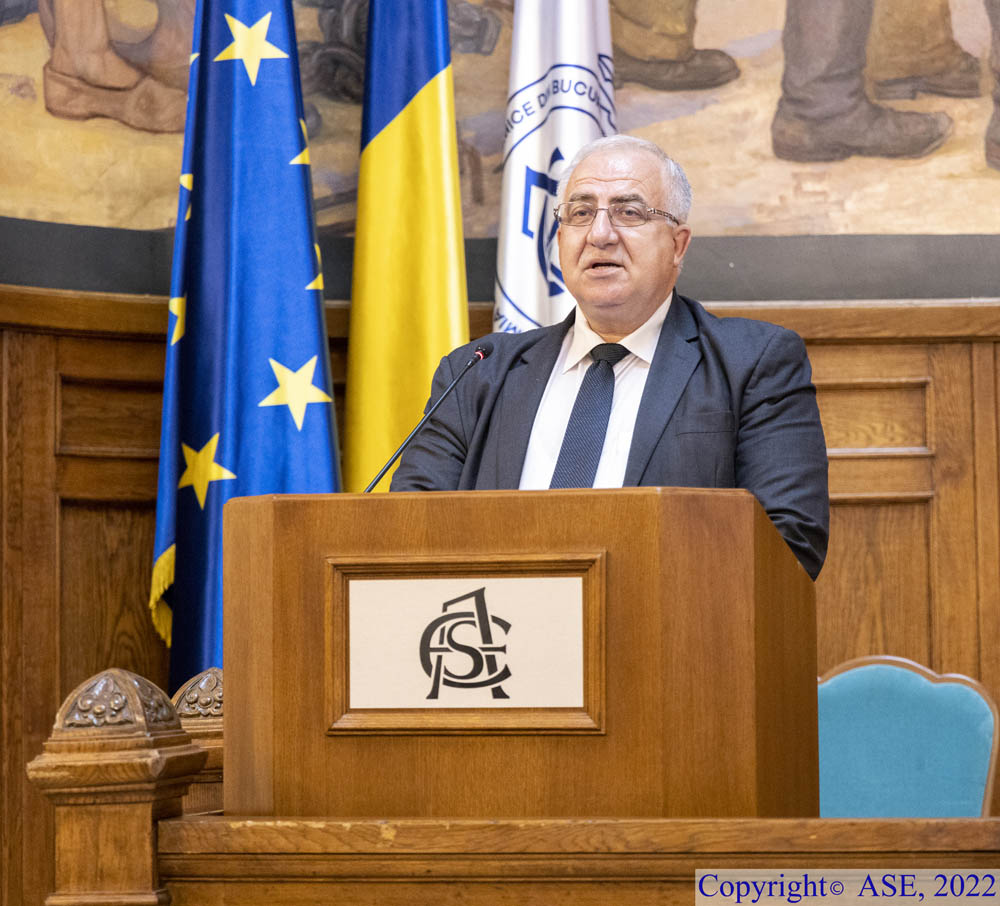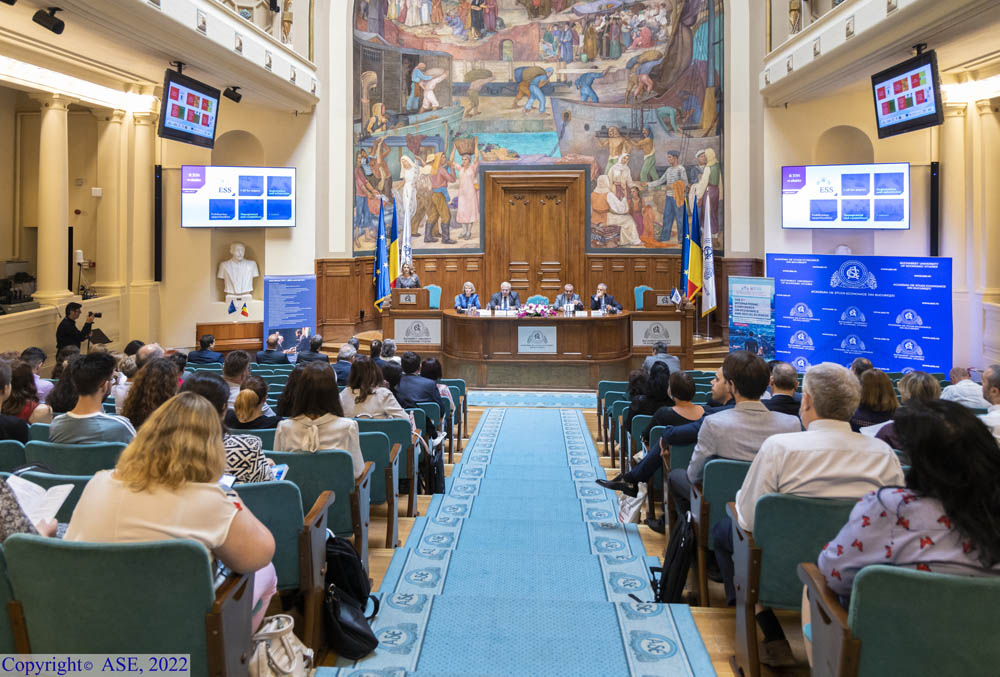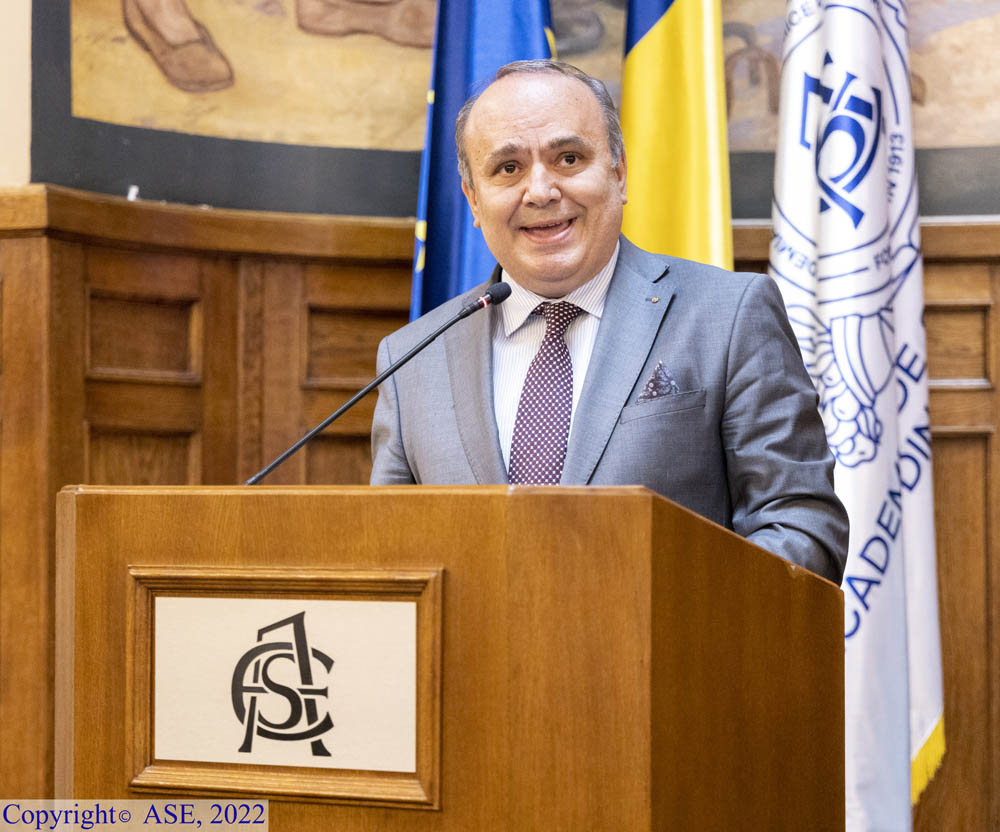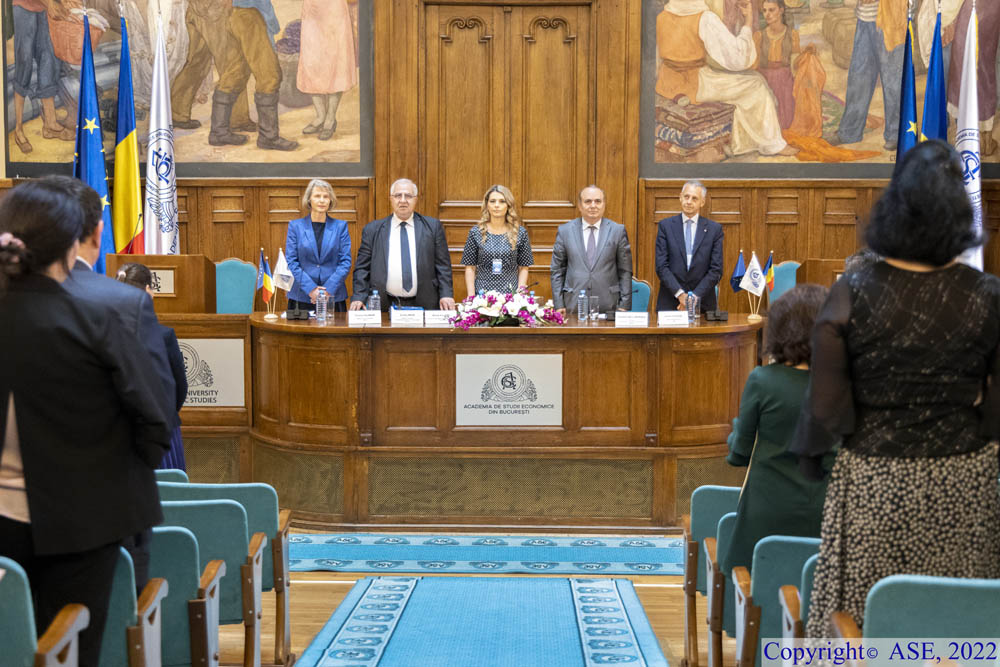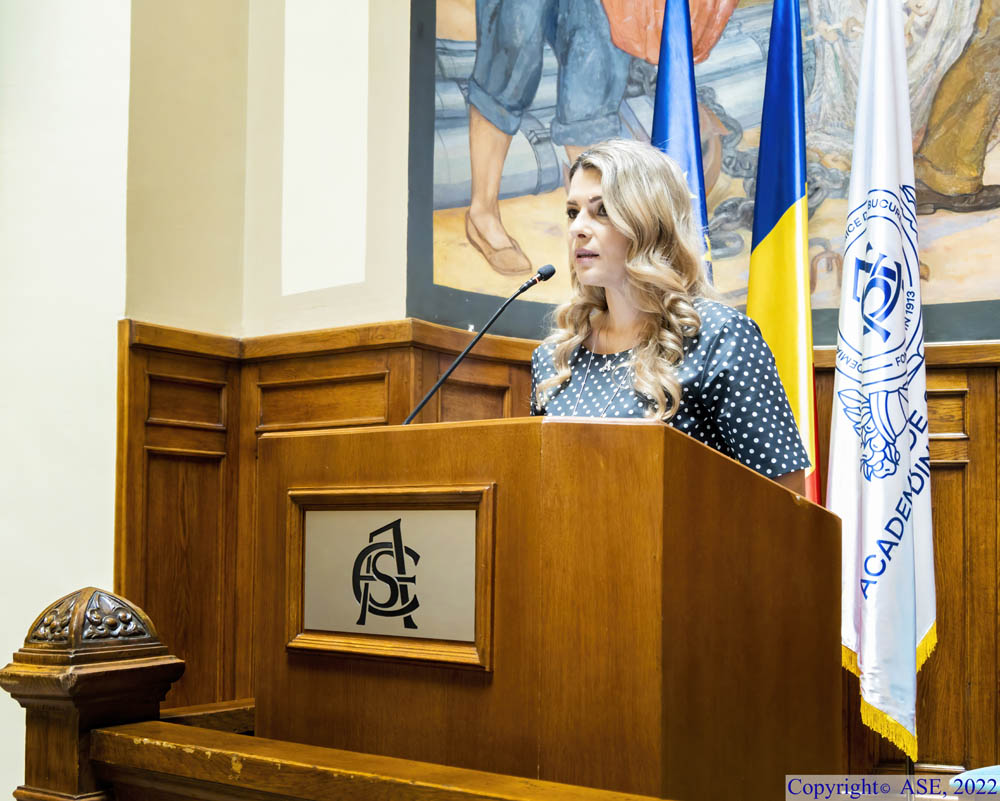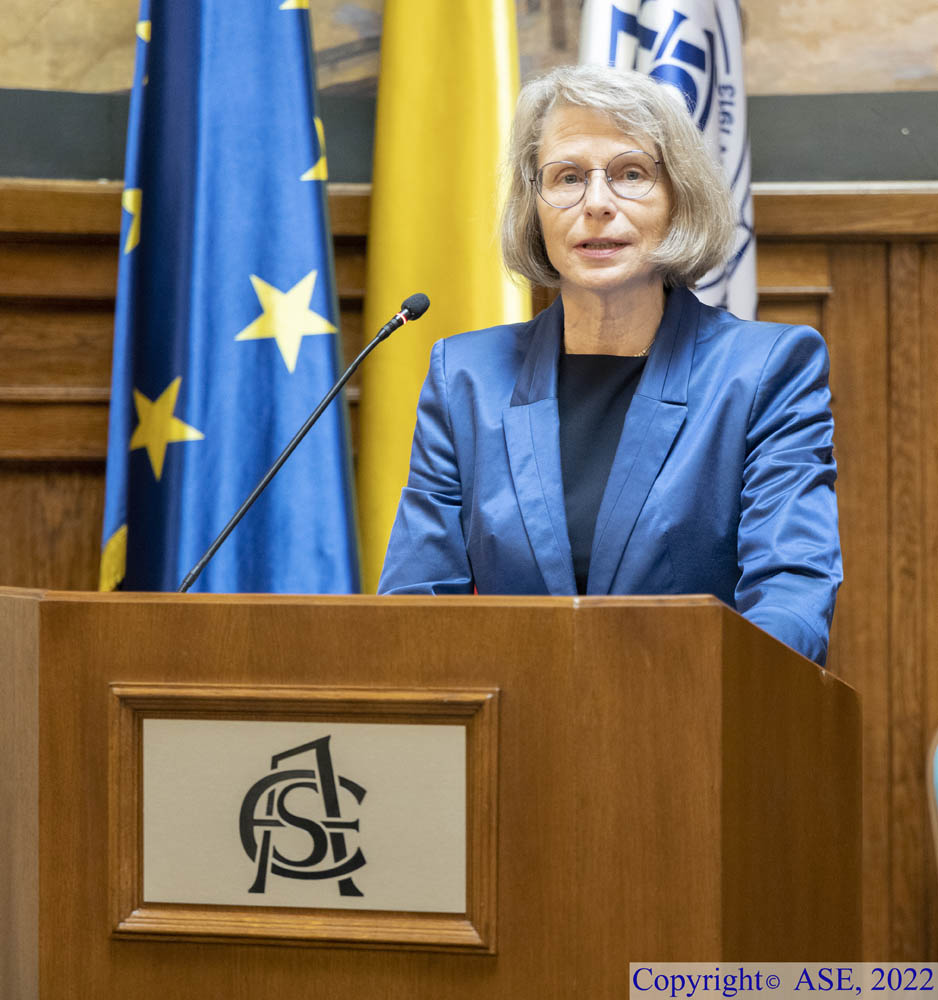THE 5th INTERNATIONAL CONFERENCE
ON ECONOMICS AND SOCIAL SCIENCES
Fostering recovery through metaverse business modelling
16-17 June, 2022, Bucharest, Romania
The past years’ uncertainties and pressures resulted from the pandemic, alongside new developments in social technology, 5G, cloud computing, augmented and virtual reality, generated the perfect setting for the metaverse to gain traction. Several companies found there’s a critical need to redefine the work environment and started exploring the metaverse concept beyond the entertainment sector. Thus, new tools for collaboration and data visualization within a digital shared space are being created, aiming for a fully immersive interaction between the virtual and the physical worlds within the next few years. While still in its early developments, the metaverse can be seen as an extension of the social media platforms, and an opportunity to leverage remote work even further.
ICESS 2022 provides a space for all those interested in Economics and Social Sciences to discuss and exchange research ideas in the light of the work environment, business model, and technological changes driven by COVID-19. We welcome both empirical and theoretical work that is broadly consistent with the conference’s general theme. Researchers, PhD students and practitioners are invited to submit papers on the topics related to fostering recovery through metaverse business modelling, such as, data science and digitalization, frameworks, regulations, digital fatigue, marketing, finance etc. that will help develop innovative instruments for countries, businesses and education to recover and adapt.
KEYNOTE SPEAKERS
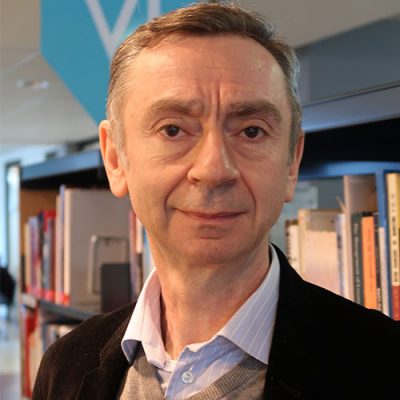
Radu Vranceanu
is Professor of Economics at ESSEC Business School and a research fellow with THEMA (CNRS) research center. He holds a Doctorate in Economics from the University of Paris II, HDR, and is widely recognized as having special expertise in the theory of expectations and the analysis of informational inefficiencies, which he has applied to various fields including financial and exchange rate crises, monetary and public debt policies, research management, labor contracts and managerial behavior. He is now a driver of research in experimental economics at ESSEC, where he carried out several studies in team production, gender issues, lies and deception, cooperation in public goods games. In 2000-2001 Radu Vranceanu worked for the UN Economic Commission for Europe; he also served as a Dean for Research of ESSEC Business School for many years. He is now the ESSEC representative for scientific integrity (RIS). See also: https://faculty.essec.edu/en/cv/en-vranceanu-radu/.
Keynote Speech
Lies and deception in an economic context. Insights from experimental economics research
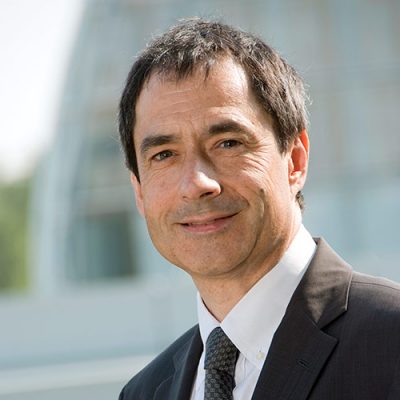
Bruno Rossignol
is Head of Programme for Climate and Heritage at the EIB Institute, the philanthropic arm of the European Investment Bank.
Before joining the Institute, he was Deputy Director of the Communication Department at the EIB (2010-2014) after having been Head of Media Relations at Clearstream, the International Central Securities Depository (2005-2010), Director of Corporate Communications at brokerage firm Exane BNP Paribas (2001-2004), personal adviser to Jean-François Theodore, Chairman of Euronext pan-European stock-exchange as well as its chief Press Officer (1995-2001).
Bruno Rossignol started his professional career as a journalist for Agence France Presse (1985-1995) where he was notably Head of business and economics reporting in Washington DC covering the IMF, the World Bank, the Federal Reserve and the US Treasury.
He is a graduate from Sciences-Po Paris and holds a Diplôme d’Etudes Approfondies in contemporary history also from Sciences-Po.
Keynote Speech
The EIB: fostering recovery in an uncertain world
SELECTED PAPERS WERE PUBLISHED IN THE FOLLOWING PROCEDINGS VOLUMES/JOURNALS
1. Conference Proceedings
A selection of the presented papers was published in the Proceedings Volume.
2. Springer proceedings
A selection of the presented papers was published in Springer Proceedings – Business and Economics.
3. Journal of Competitiveness
A selection of the presented papers was published in a Special Issue of Journal of Competitiveness.
4. Economic Computation and Economic Cybernetics Studies and Research
A selection of the presented papers was published in the Partner journal: Economic Computation and Economic Cybernetics Studies and Research
5. Management & Marketing. Challenges for the Knowledge Society
A selection of the presented papers was published in the journal: Management & Marketing. Challenges for the Knowledge Society
SPECIAL EVENTS
Economic Ideas and Political Action
in Shaping Economic and Monetary Union:
Pierre Werner and Luxembourg
under the high patronage of Mrs Yuriko BACKES, Minister
of Finance of the Grand Duchy of Luxembourg
The year 2022 marks the 20th anniversary of the introduction of euro banknotes and coins – the physical form of a currency that has become an important symbol of European identity. The single currency bears the hallmark of Pierre Werner (1913-2002), Finance Minister and Prime Minister of Luxembourg for many decades, whose 1970 Werner Report provided a detailed blueprint for Economic and Monetary Union.
To reflect on the origins of Economic and Monetary Union, the theoretical approach and political action of Pierre Werner and the role of Luxembourg in the establishment of the single European currency, Europe Direct at the University of Luxembourg, the University of Luxembourg and the Luxembourg Centre for Contemporary and Digital History (C²DH),
are pleased to invite you:
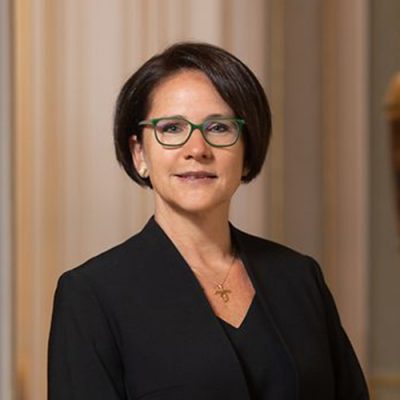
Yuriko BACKES
